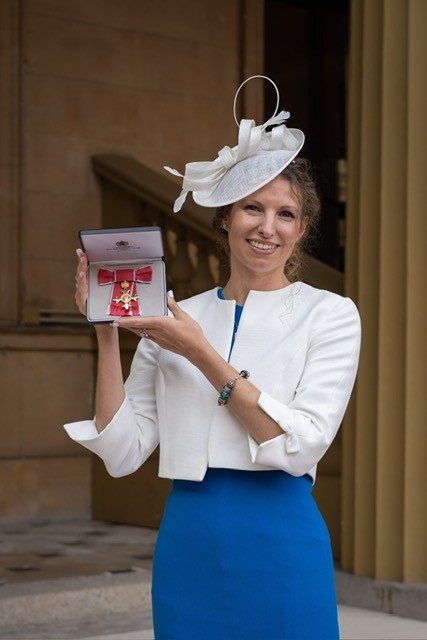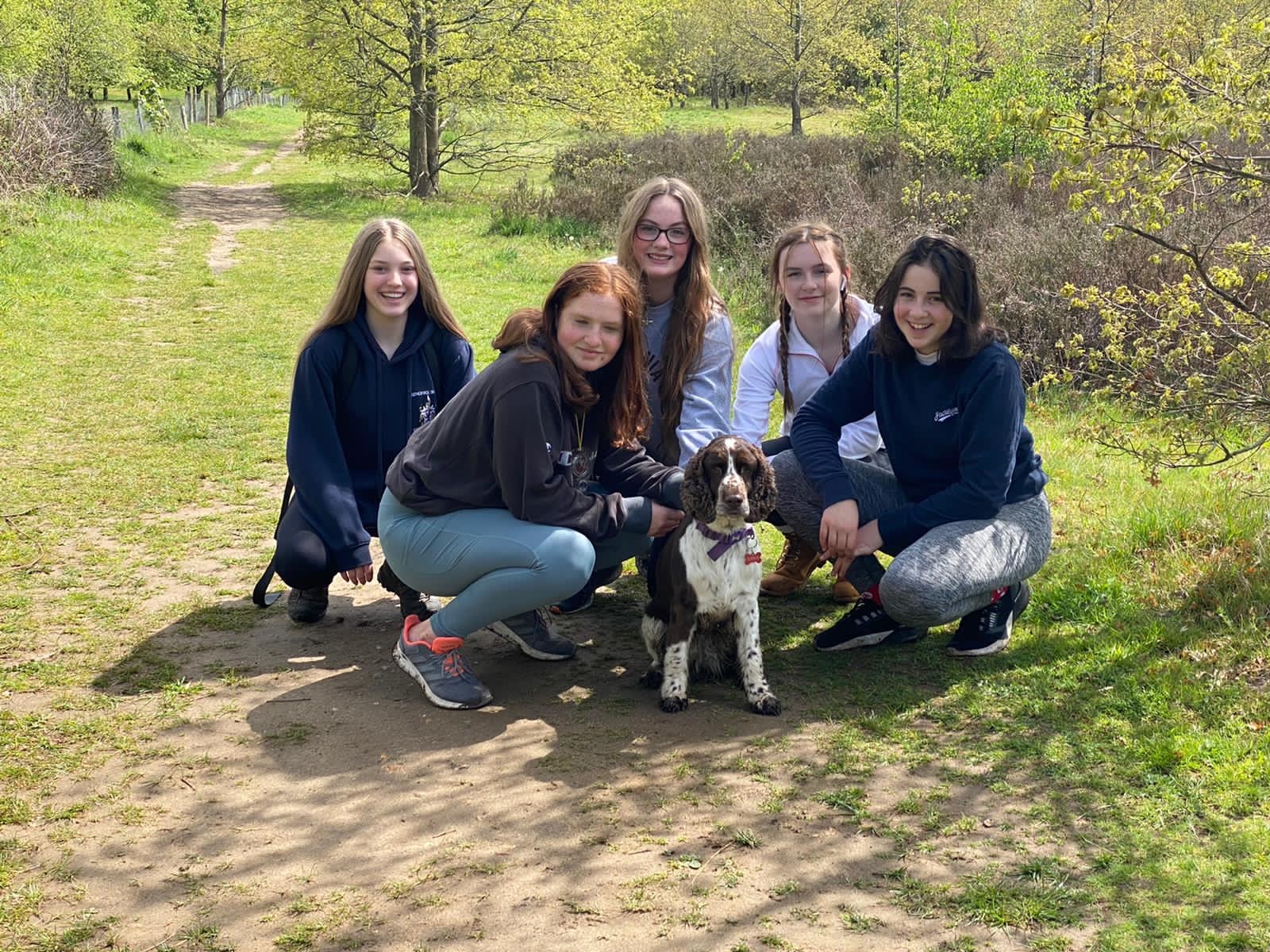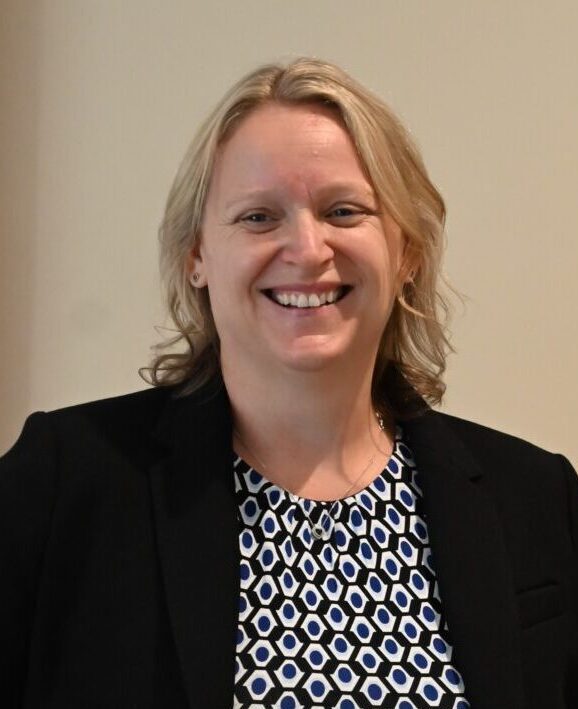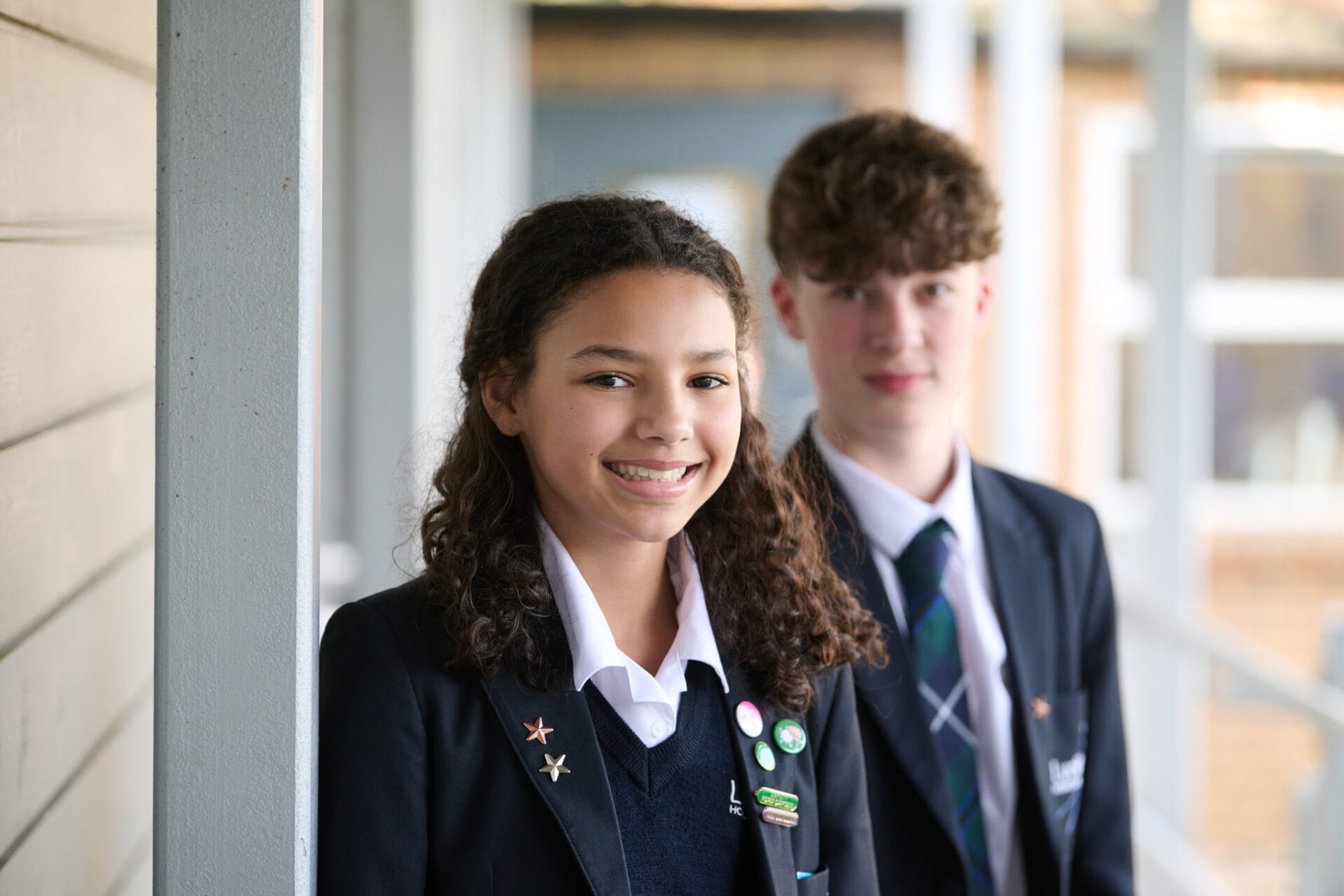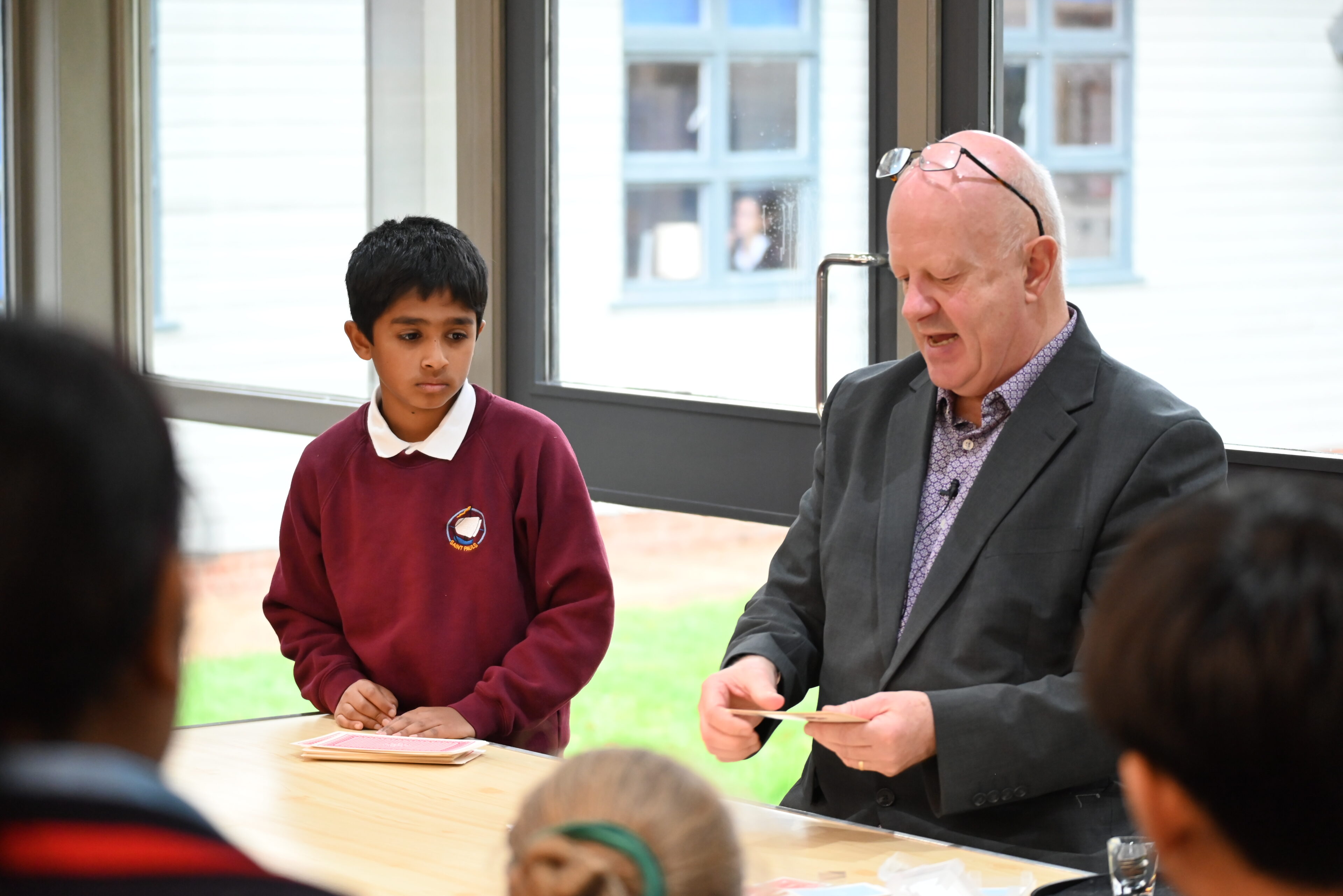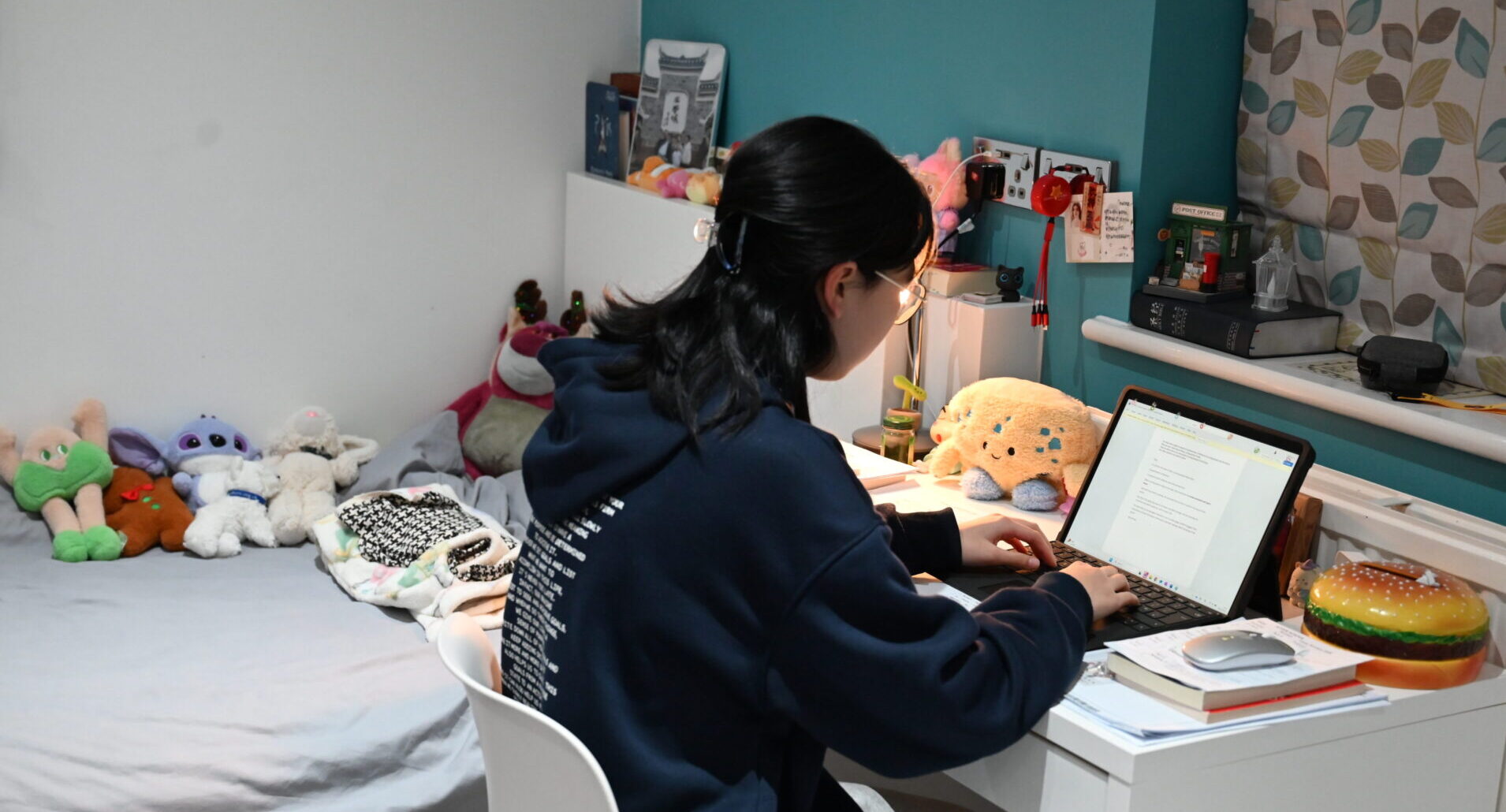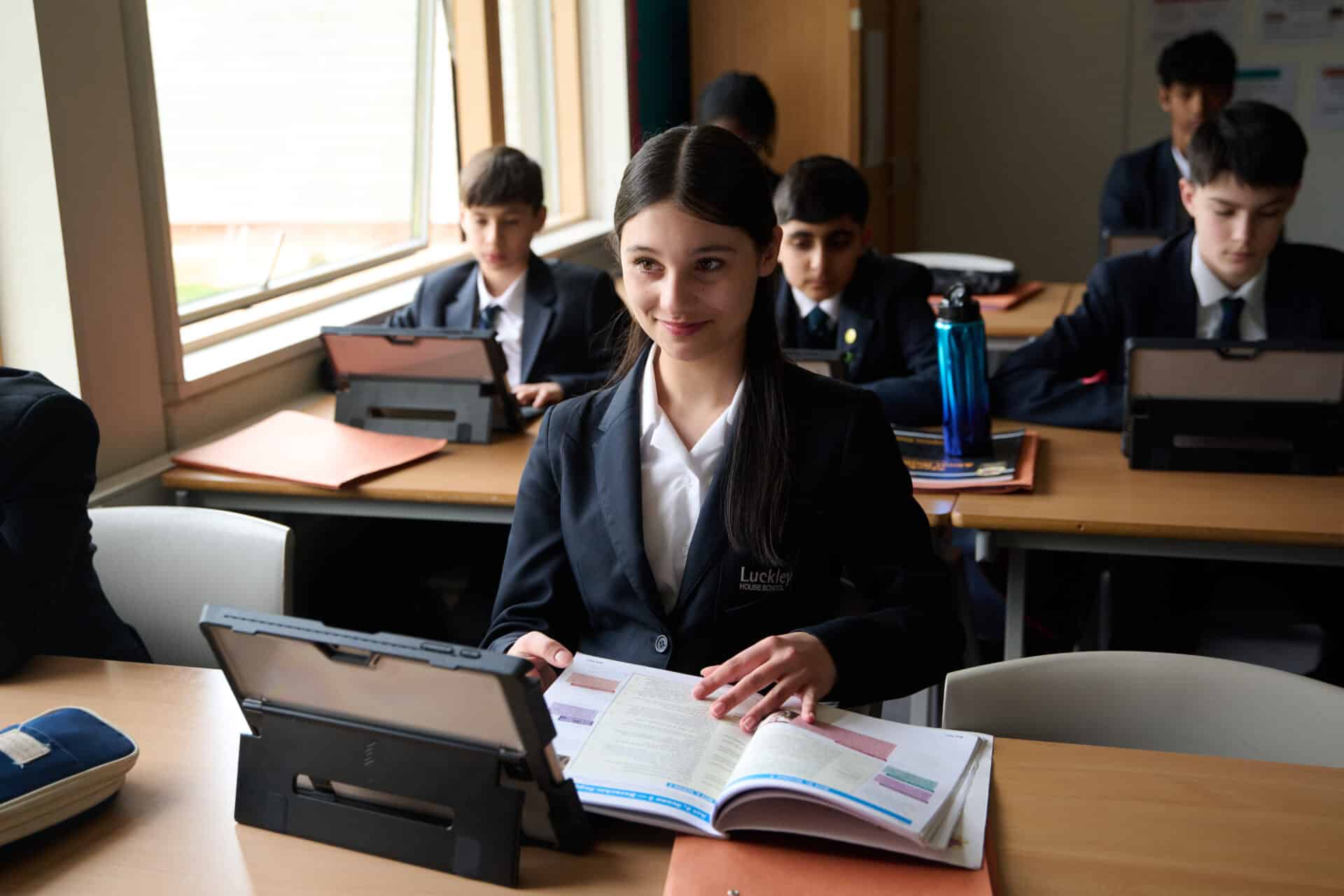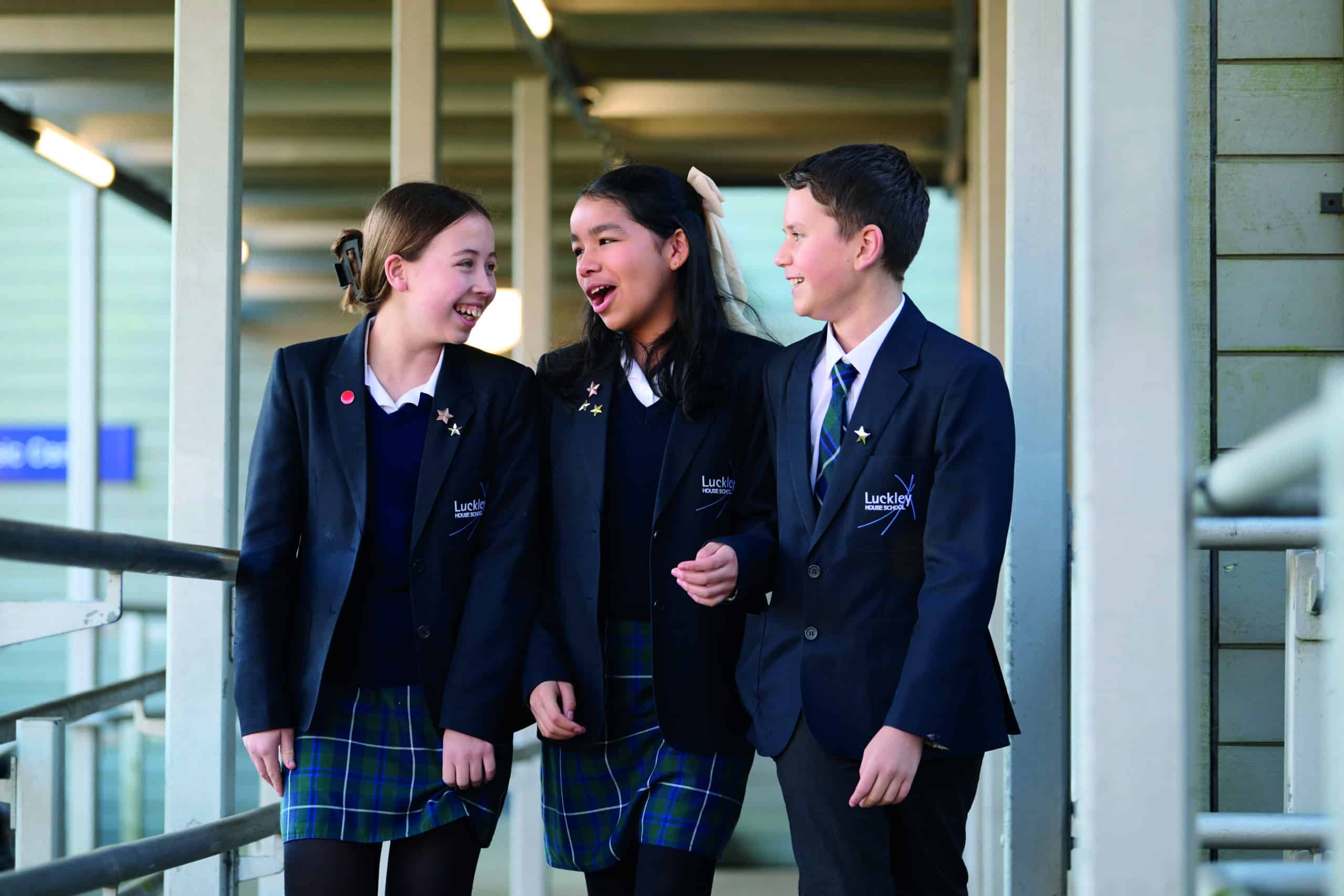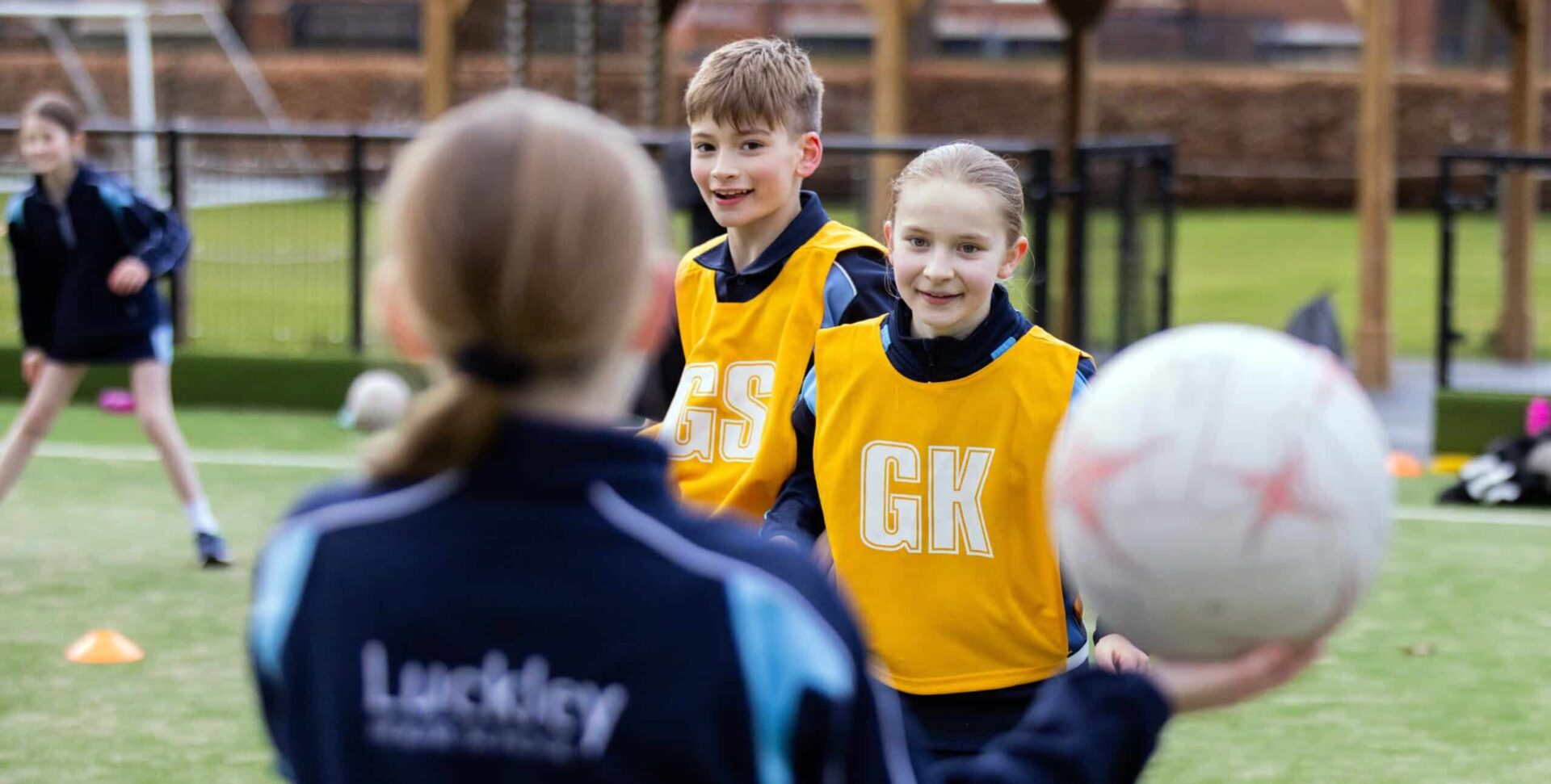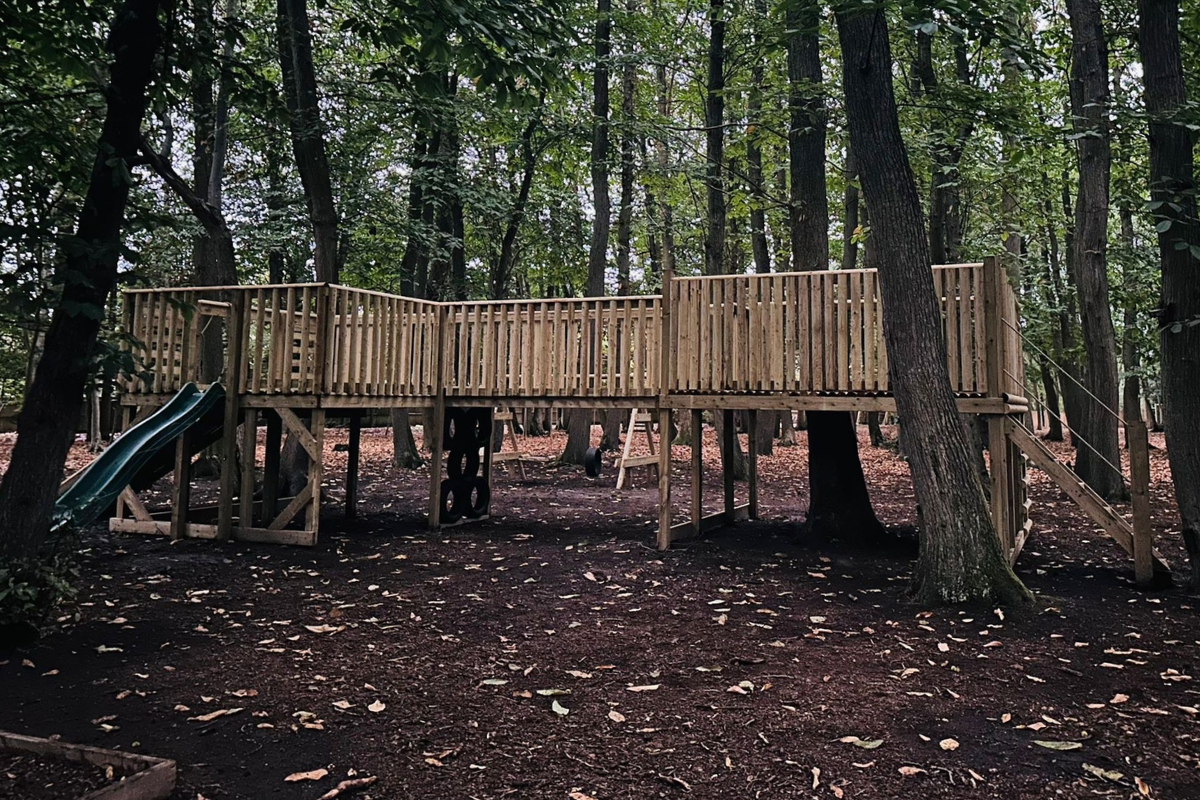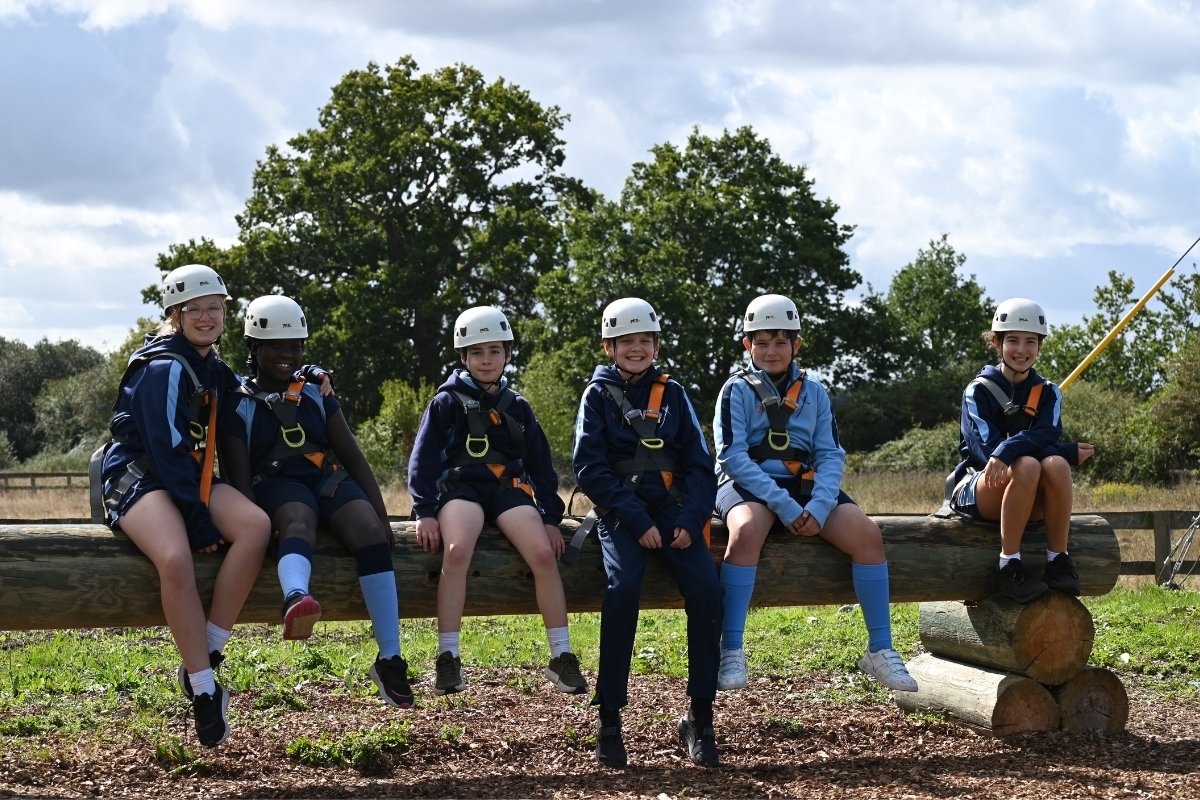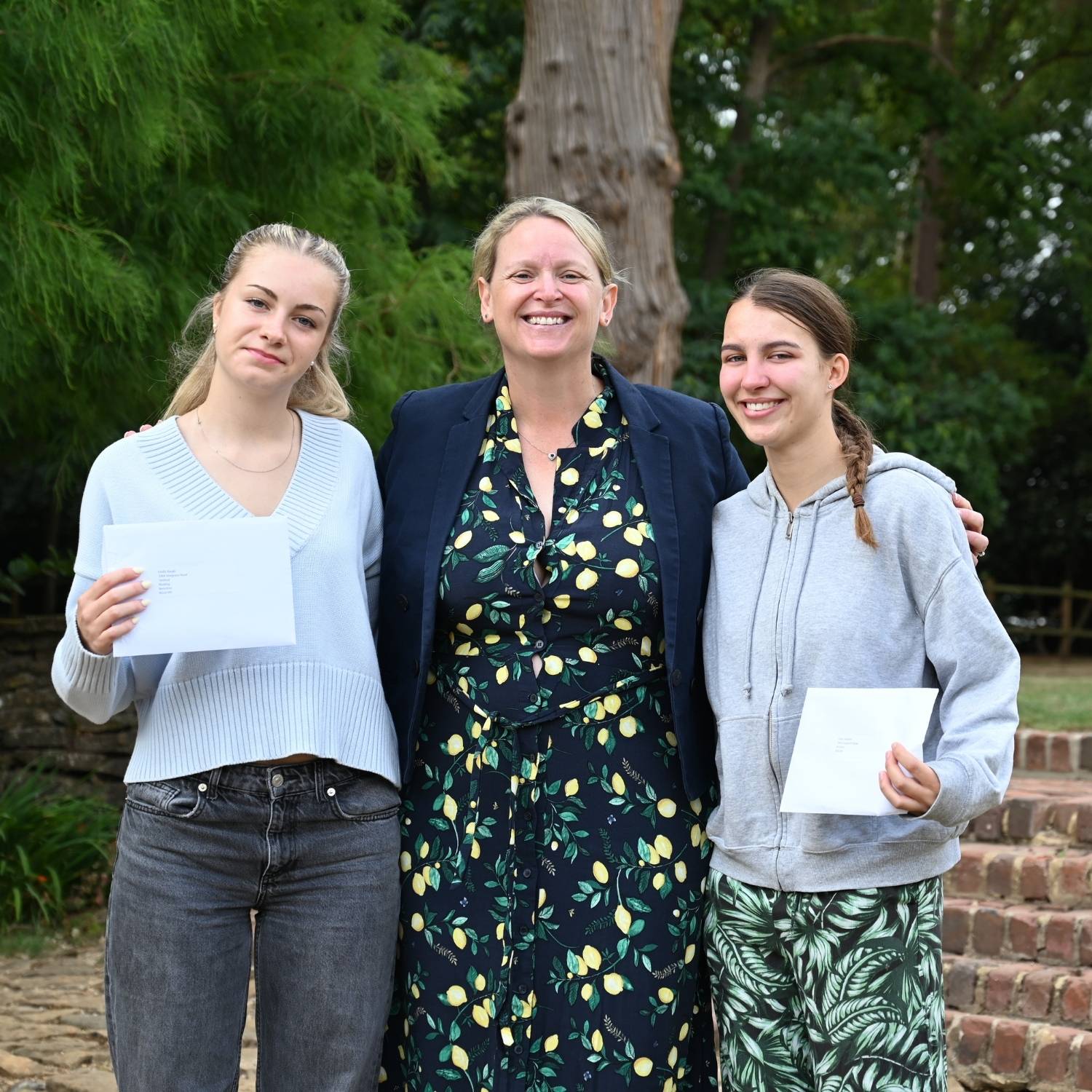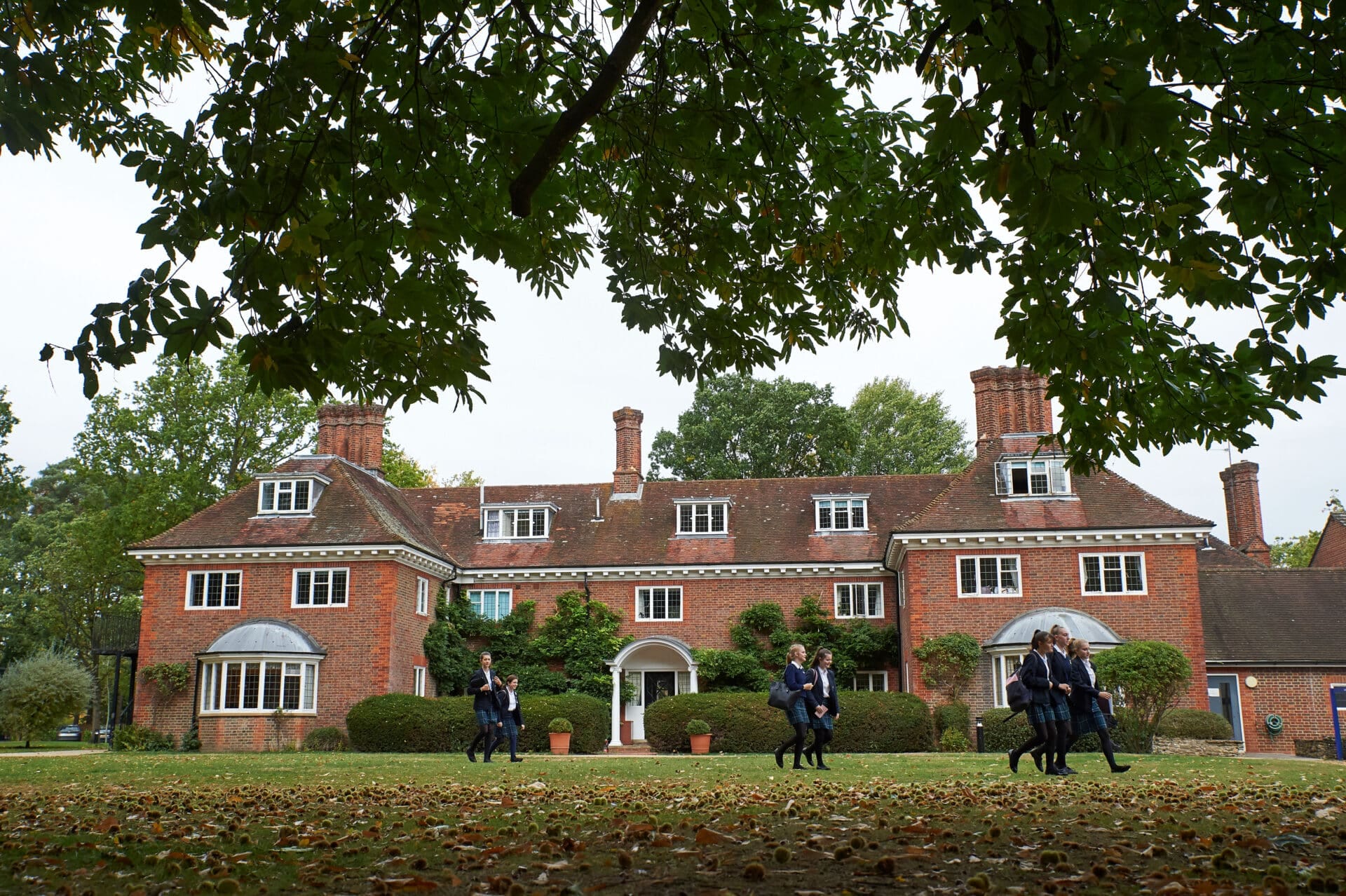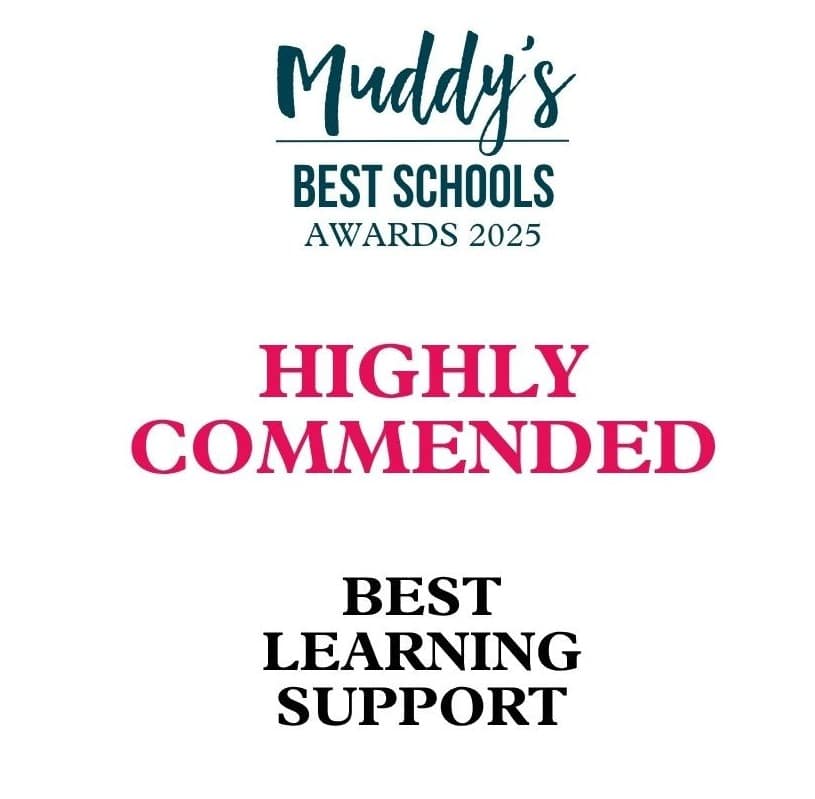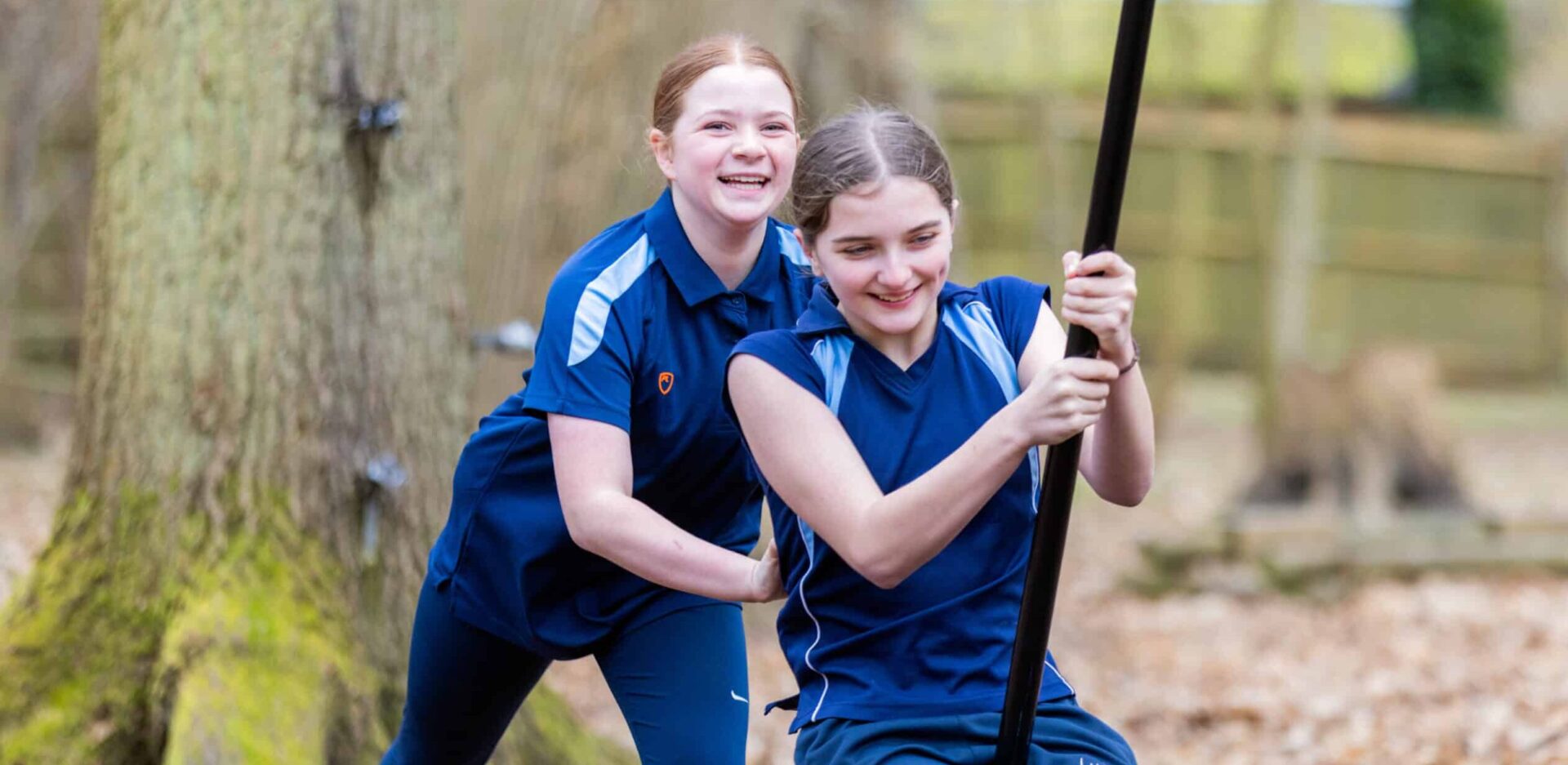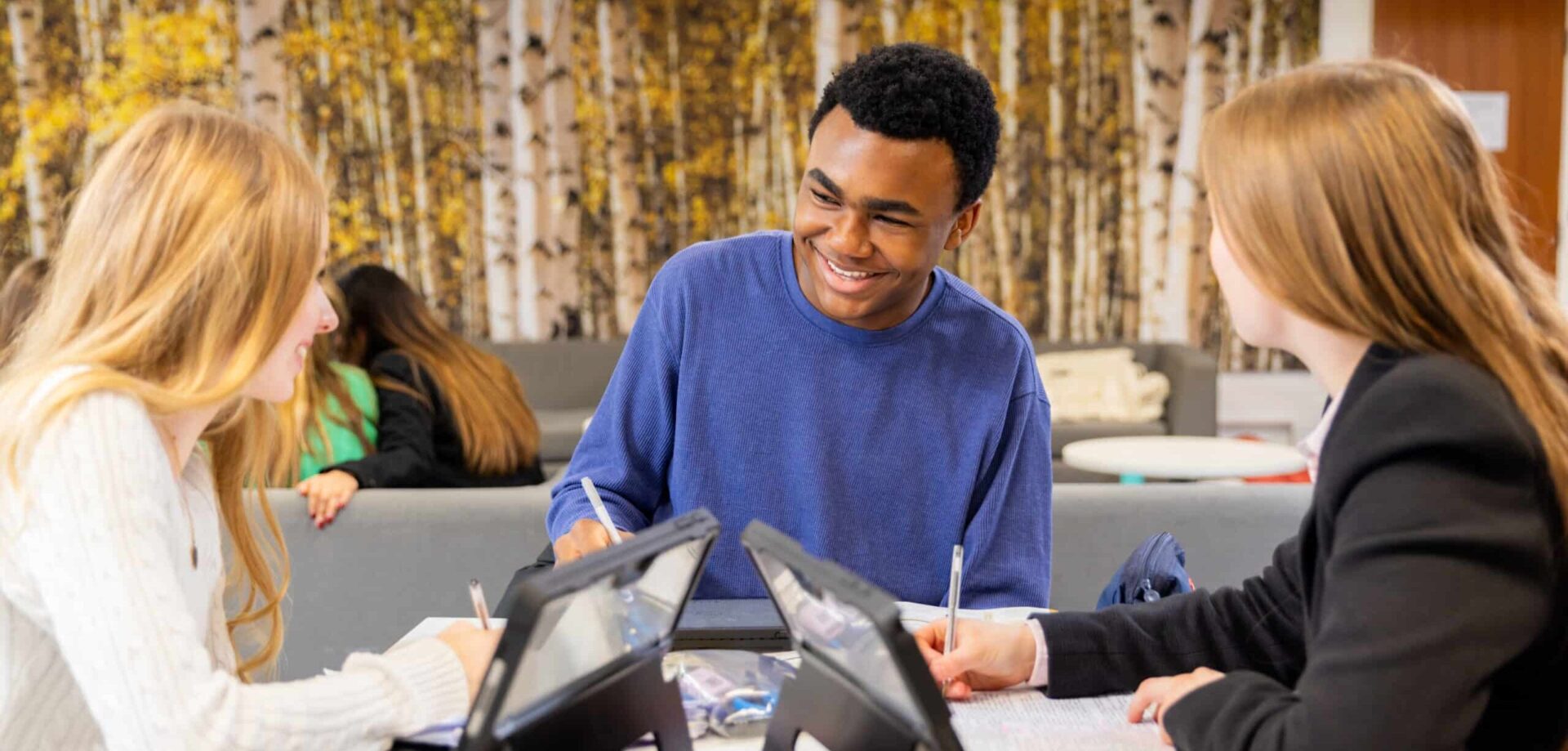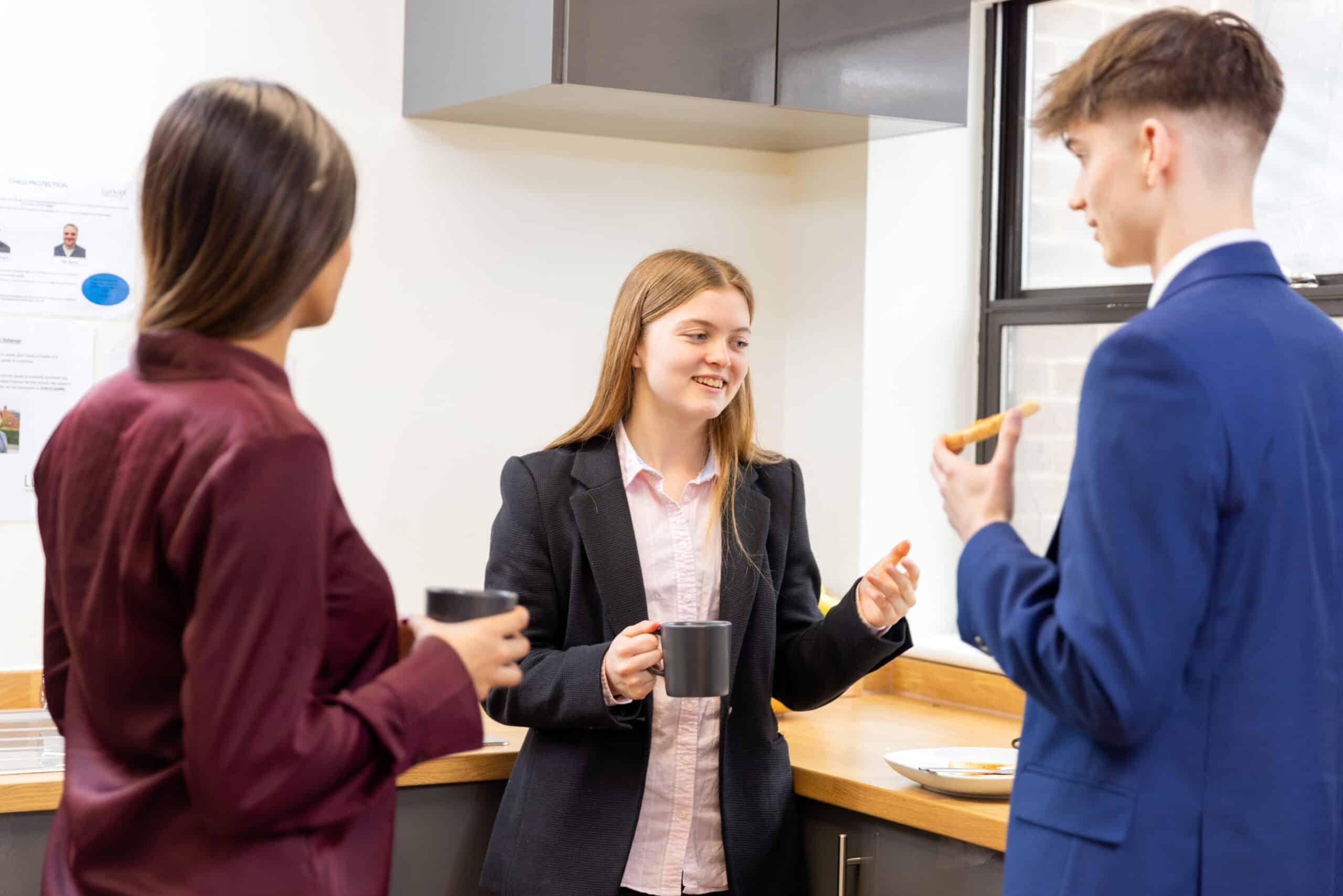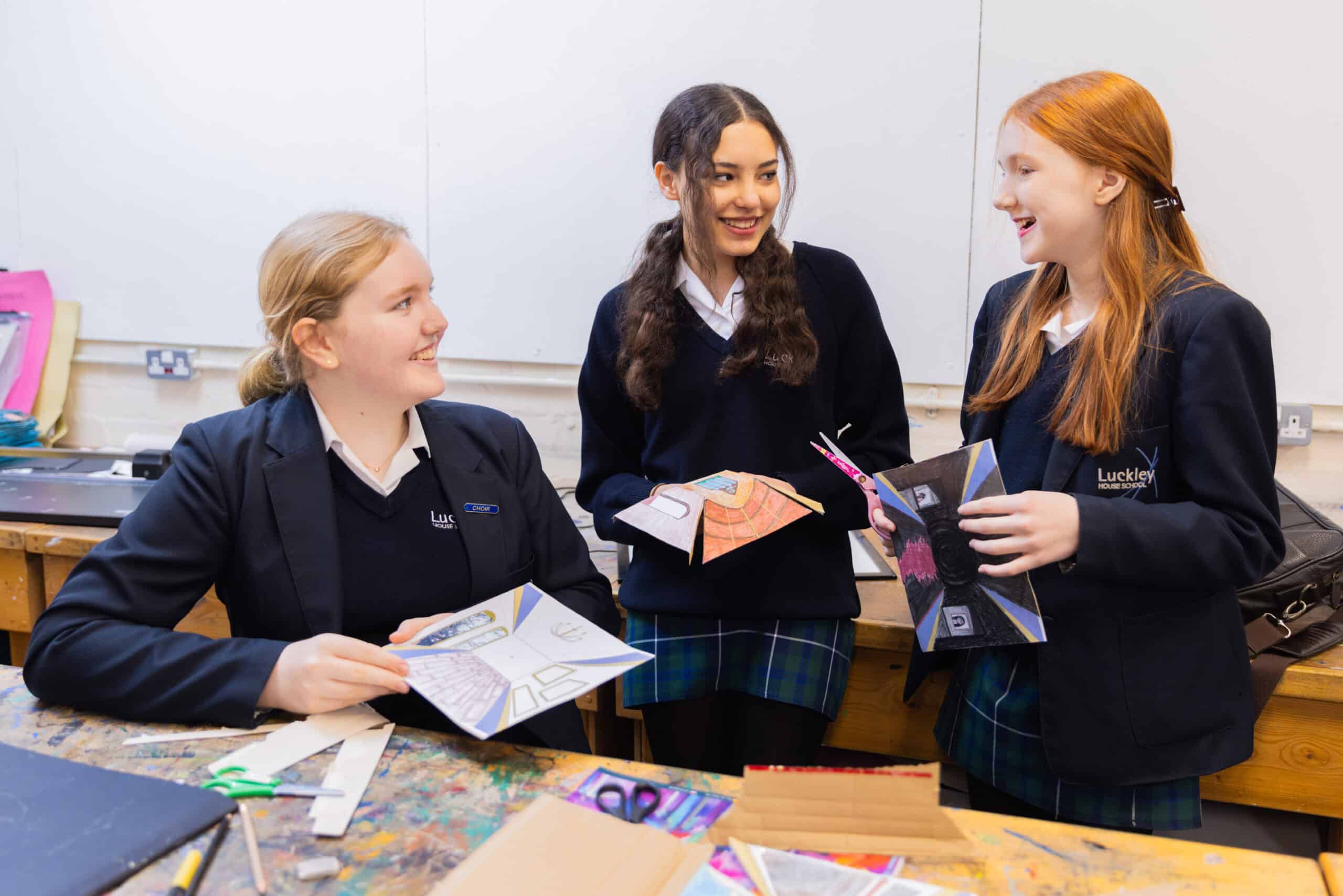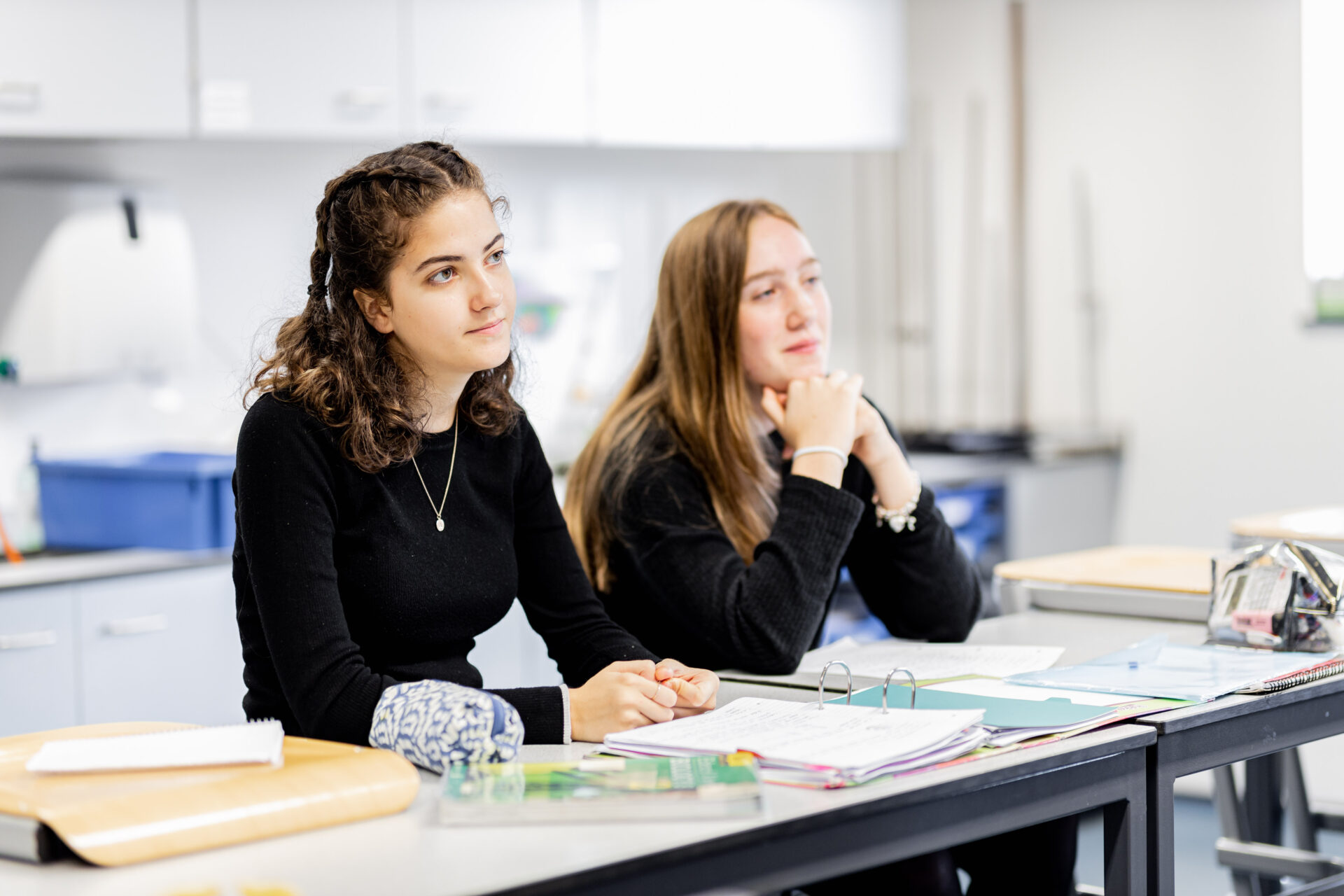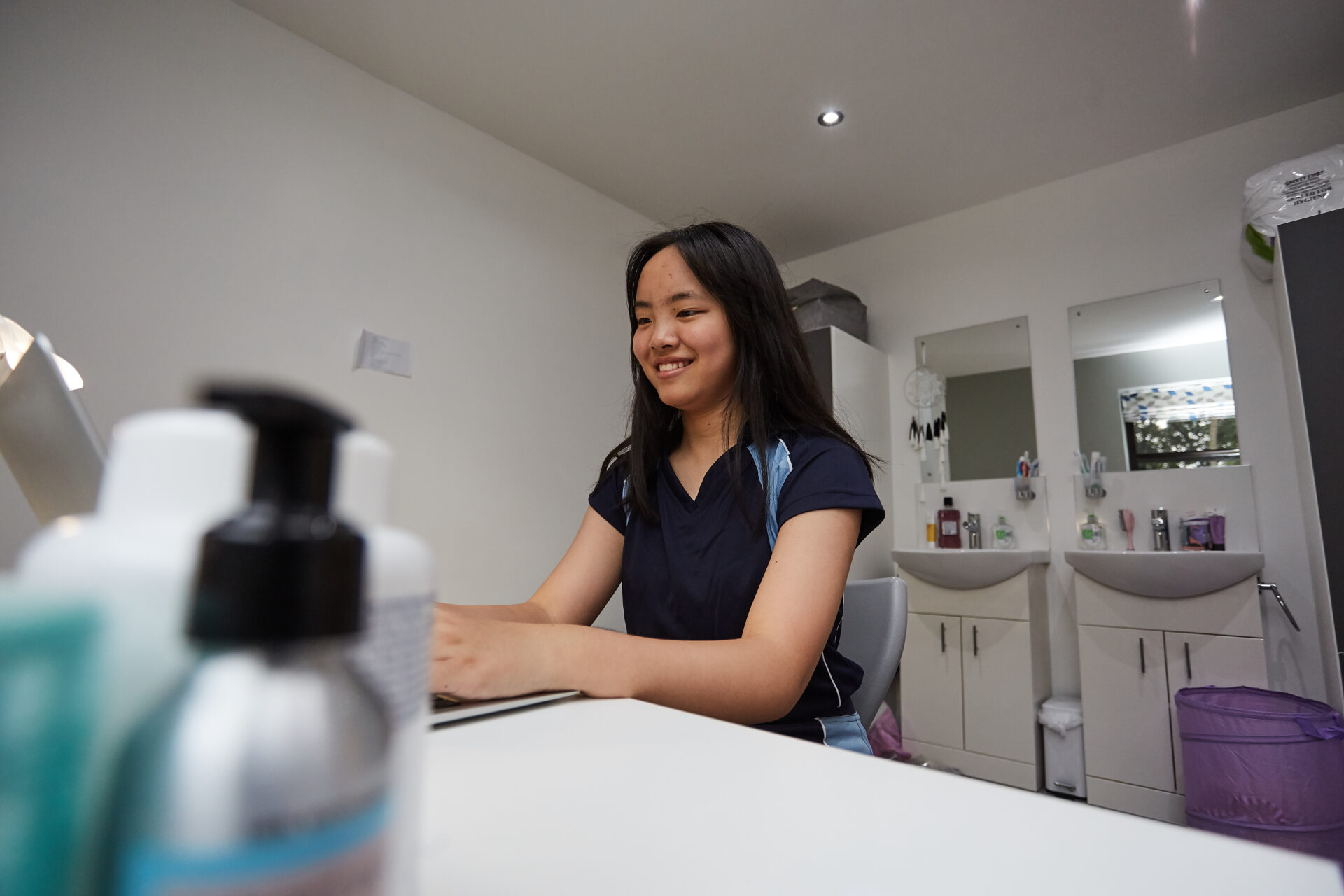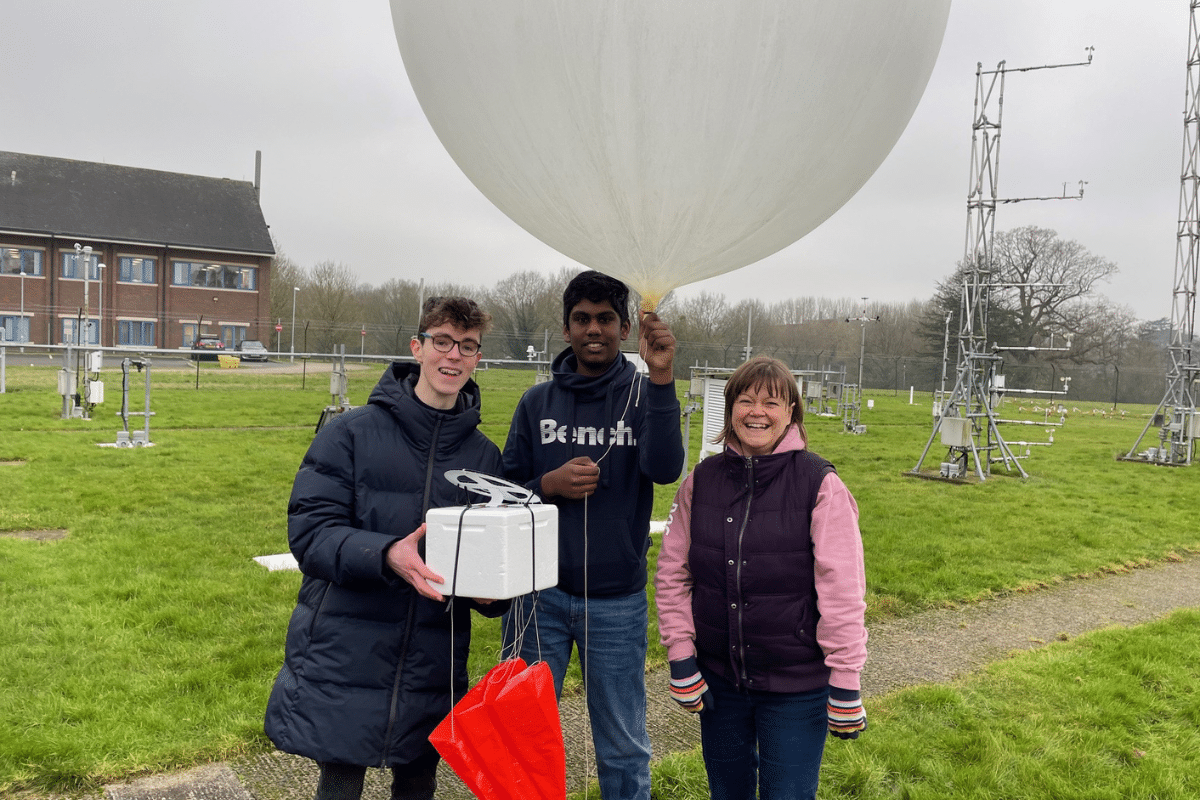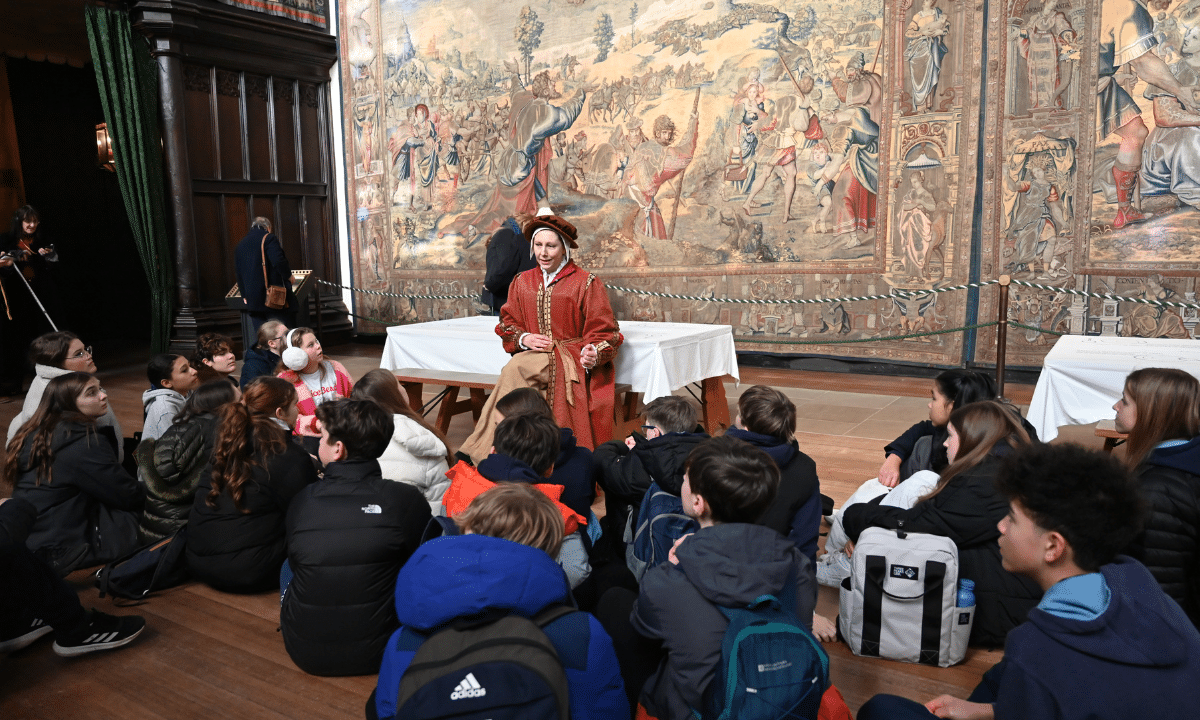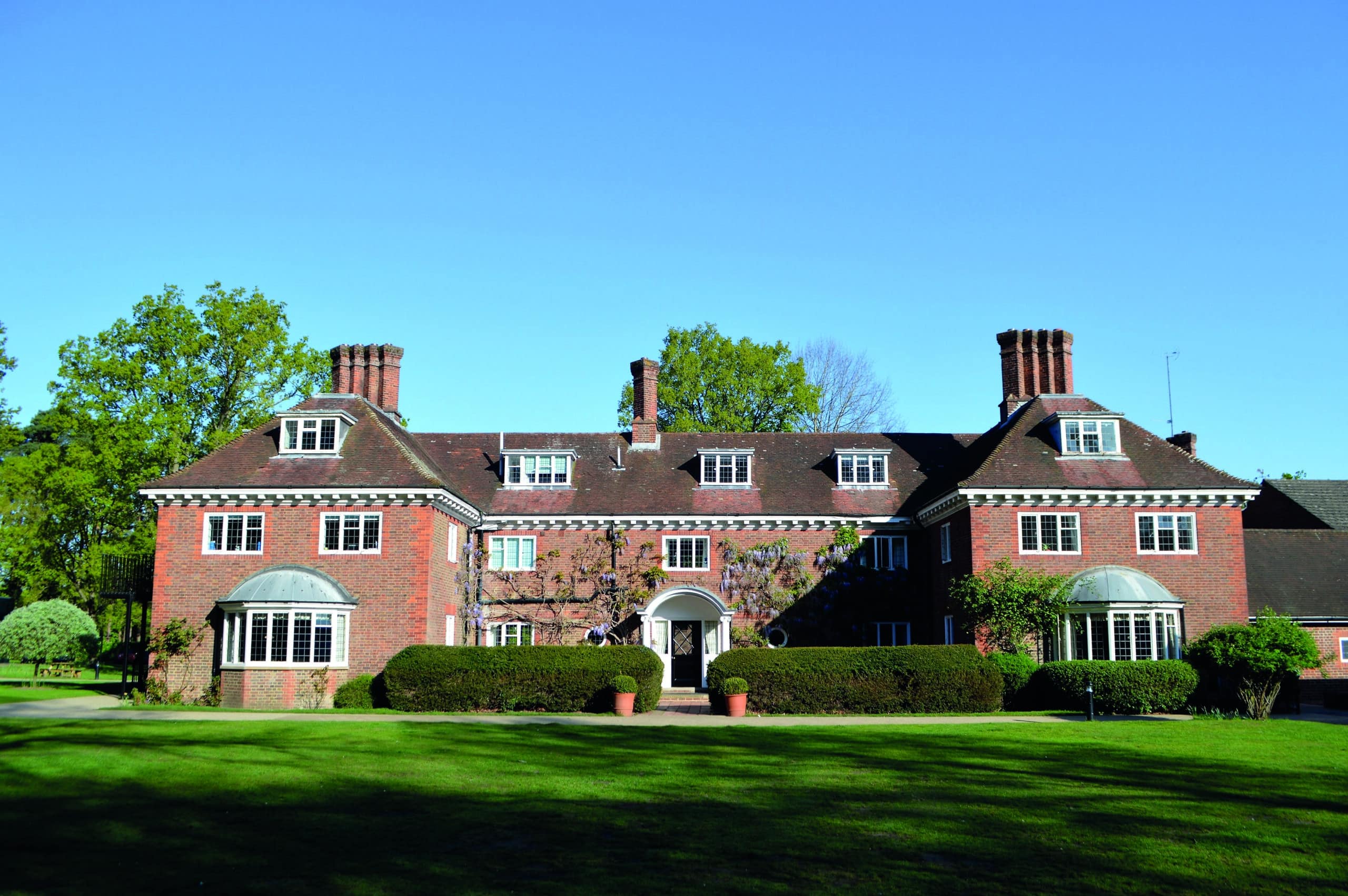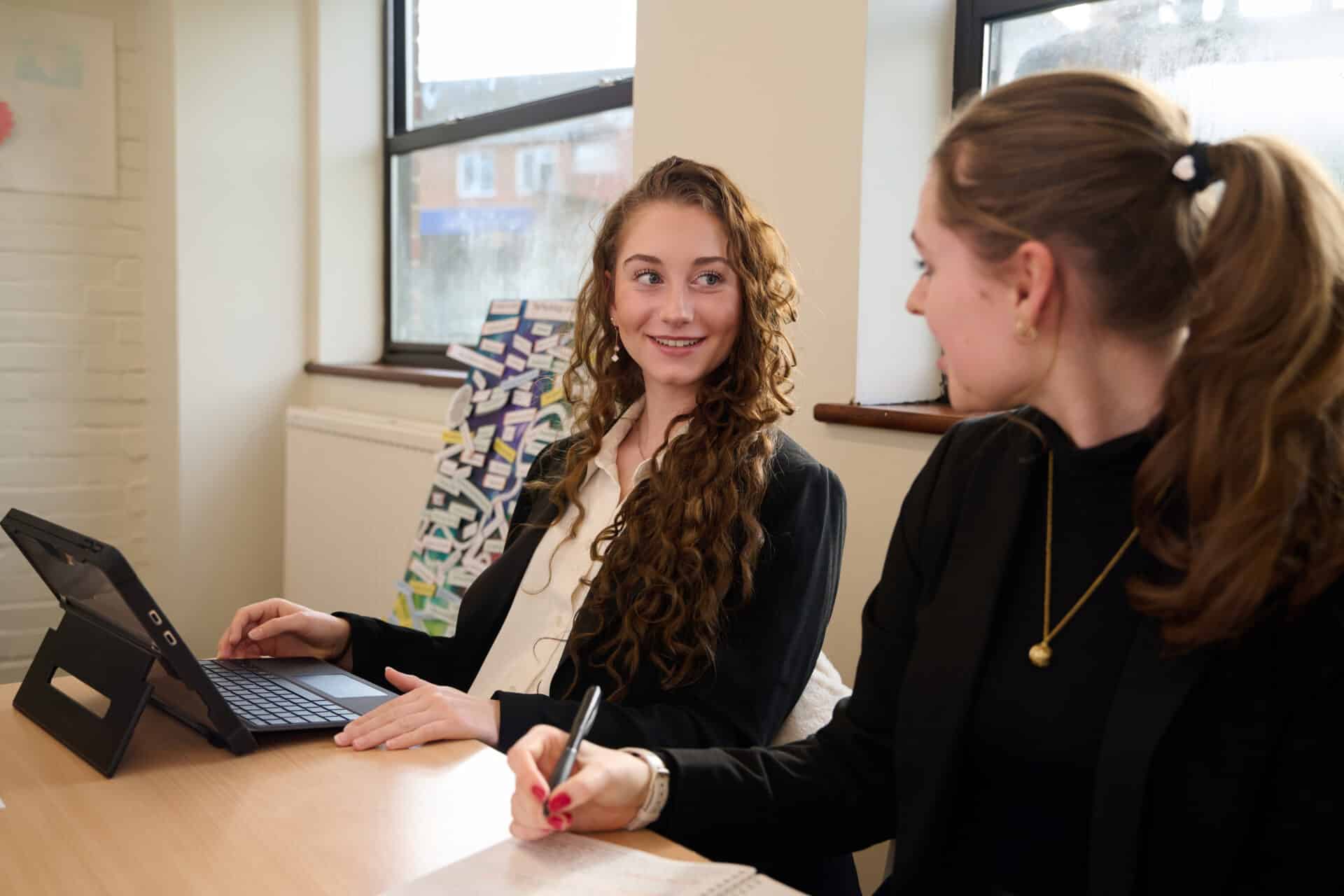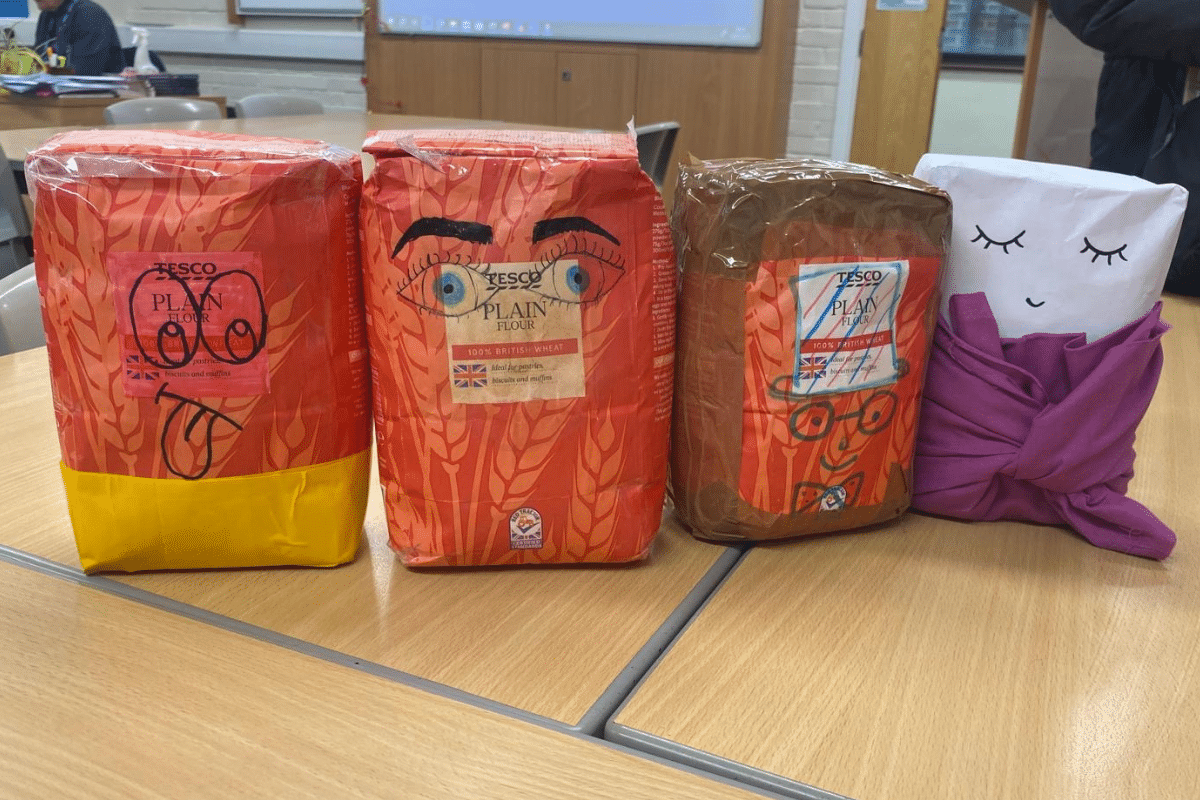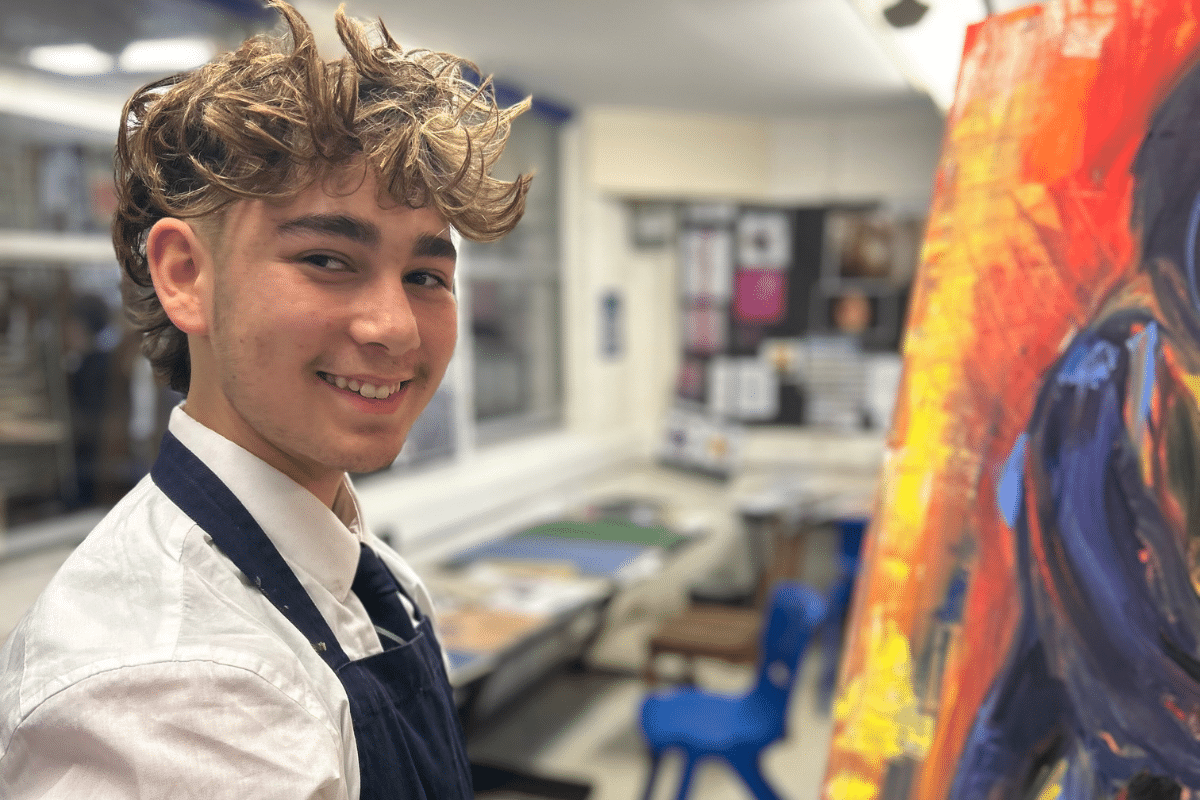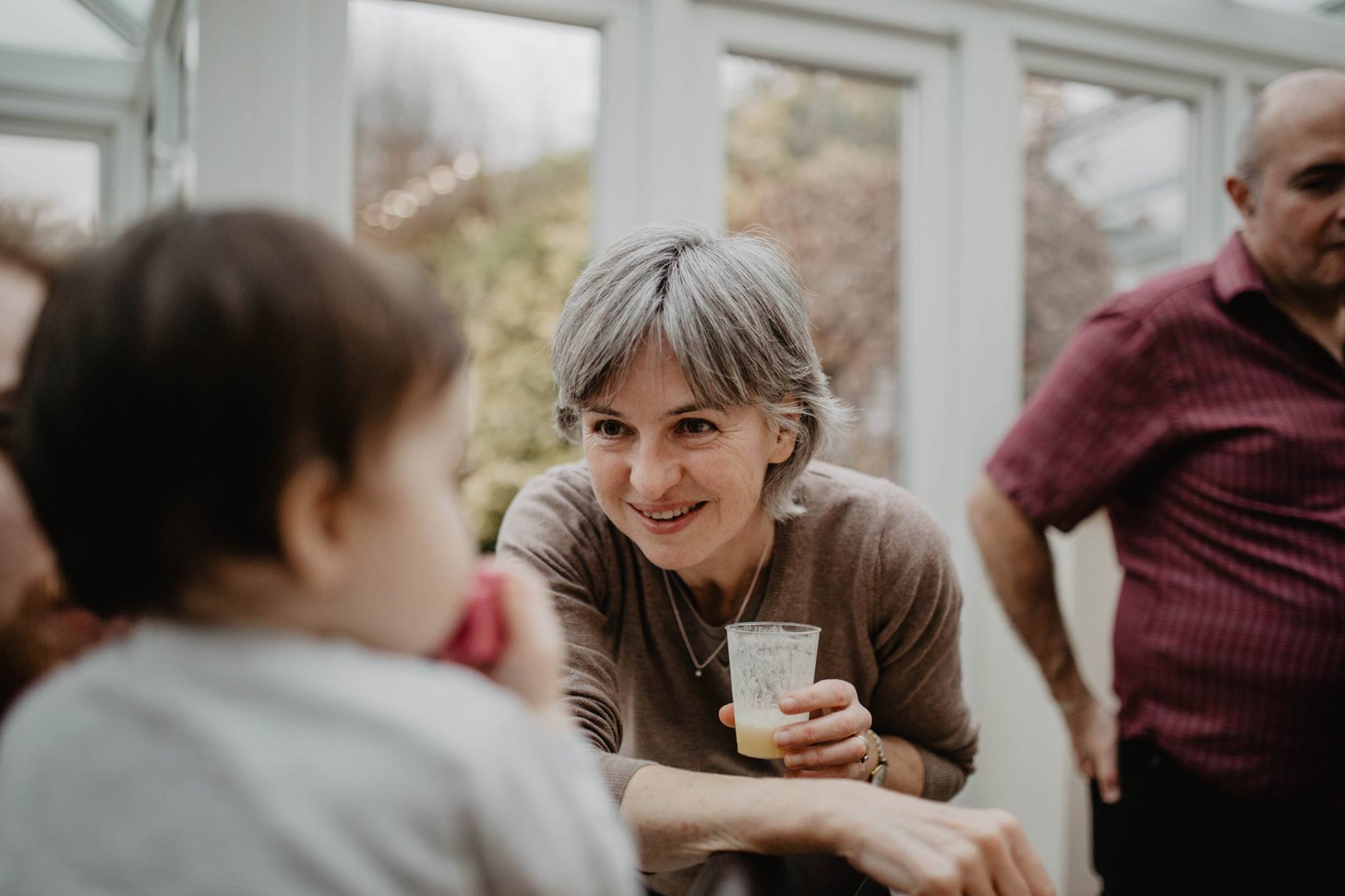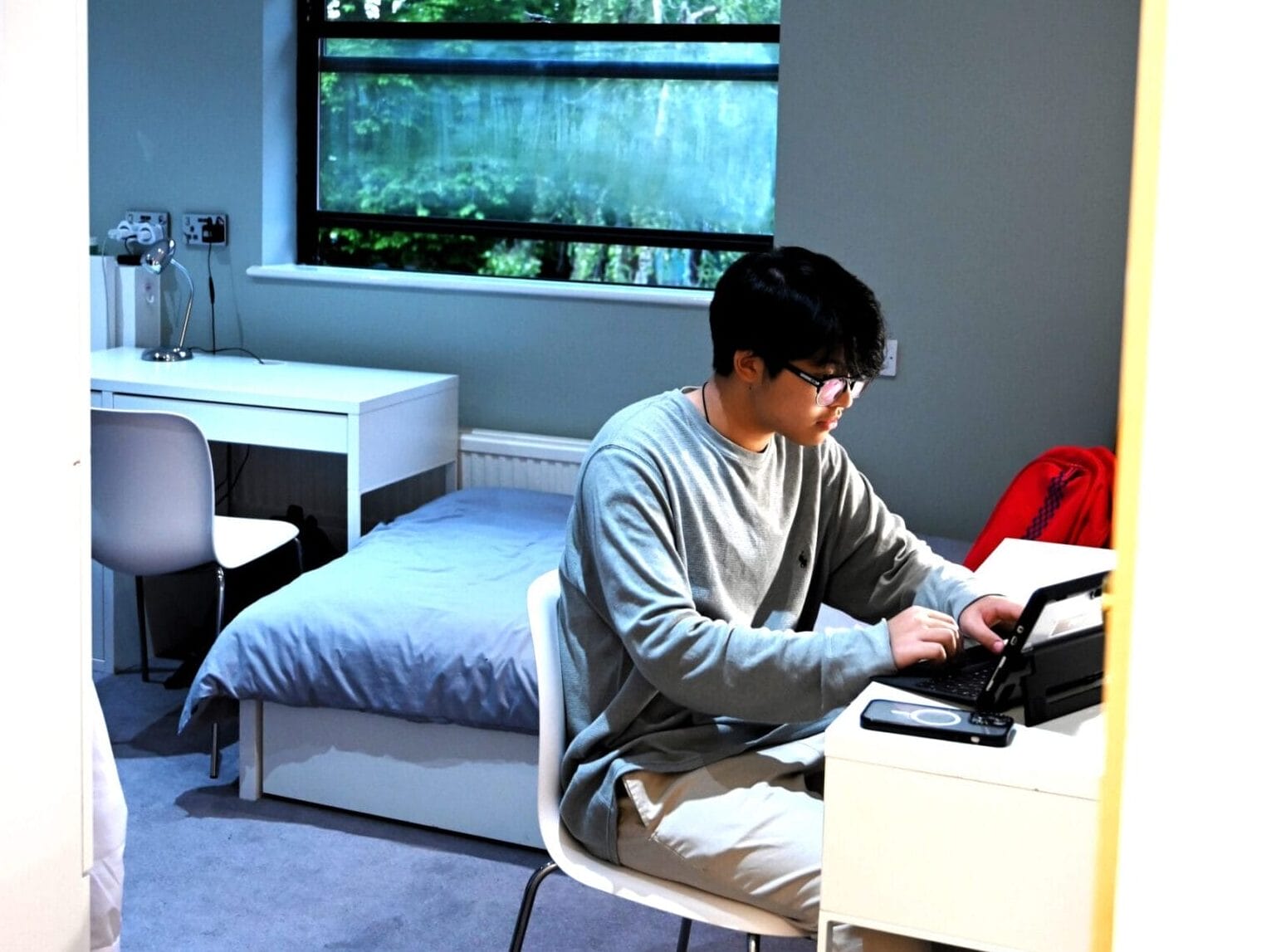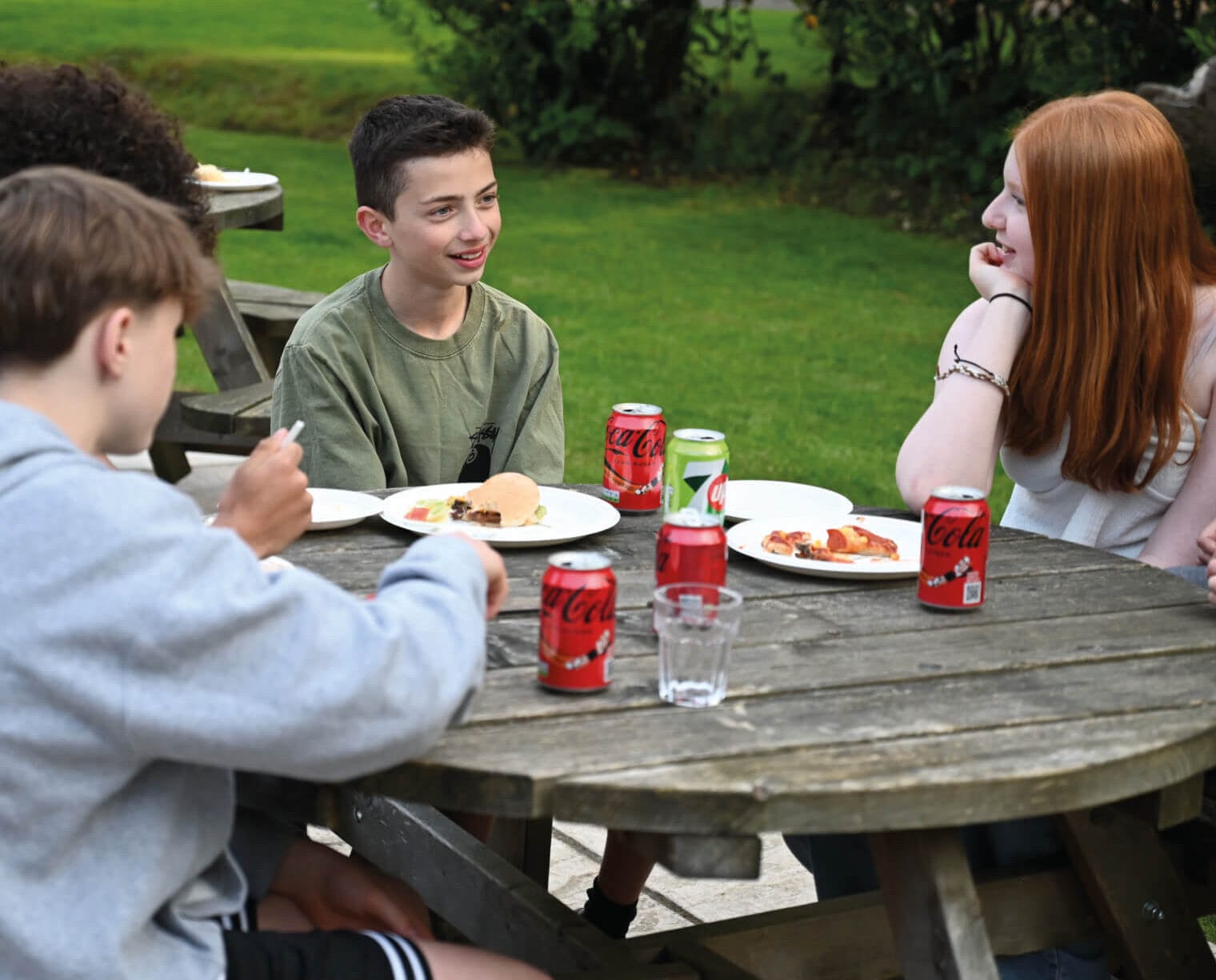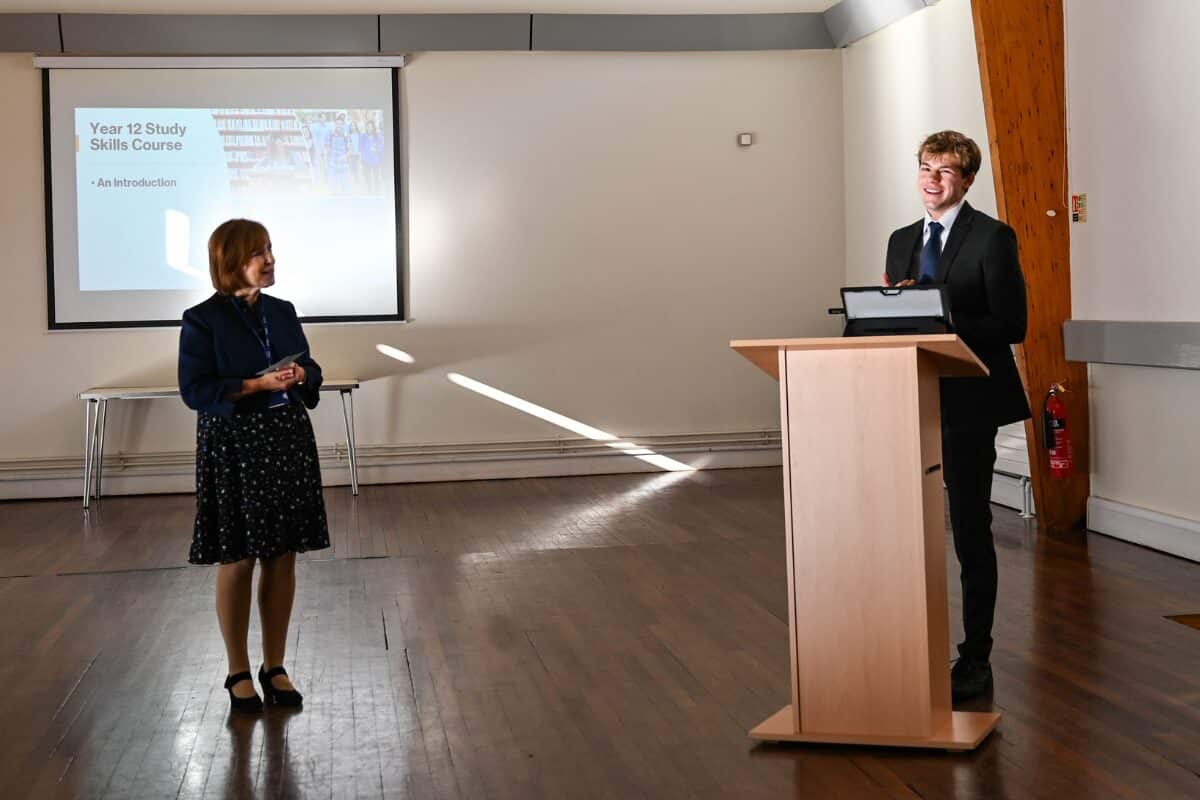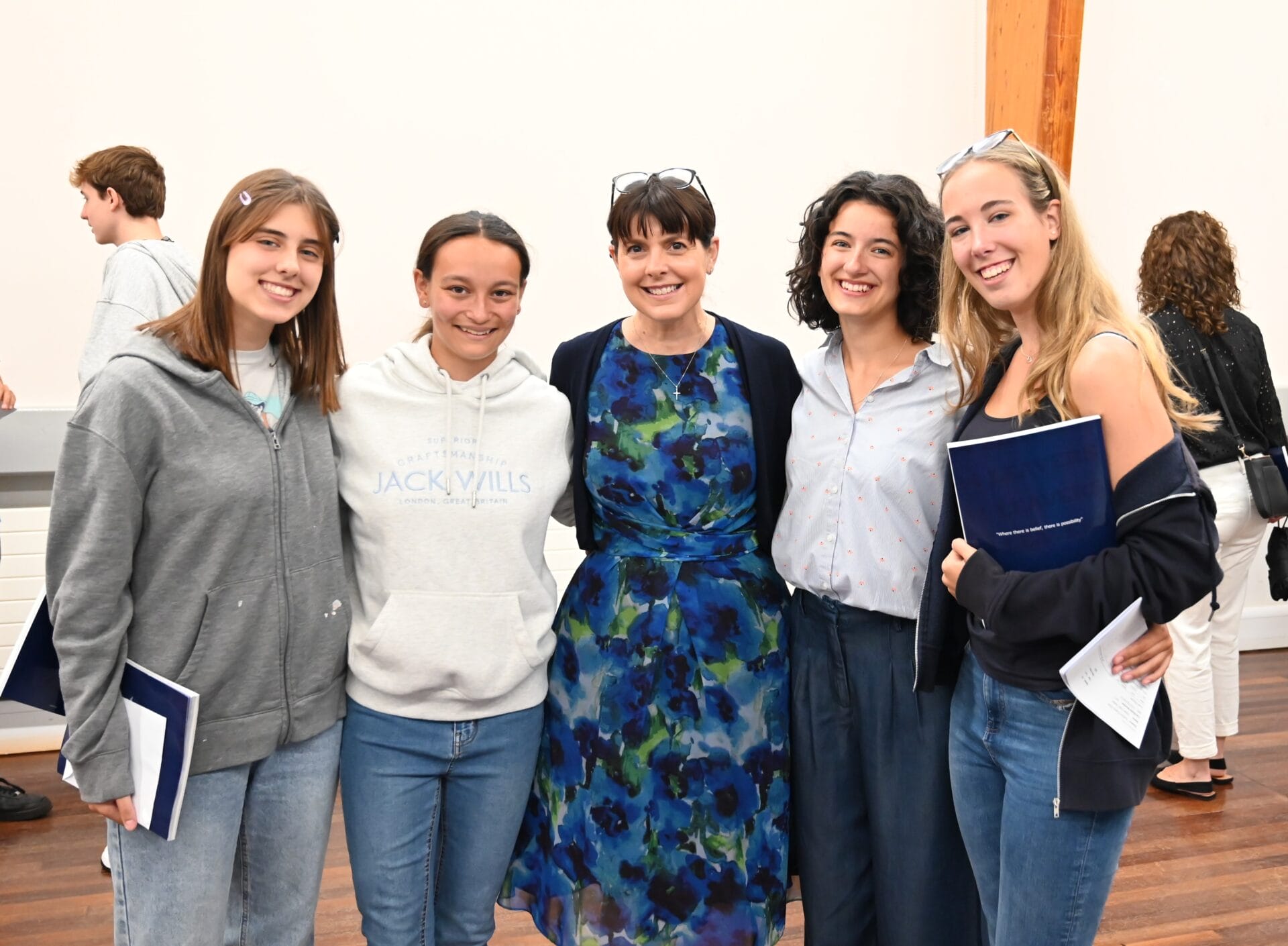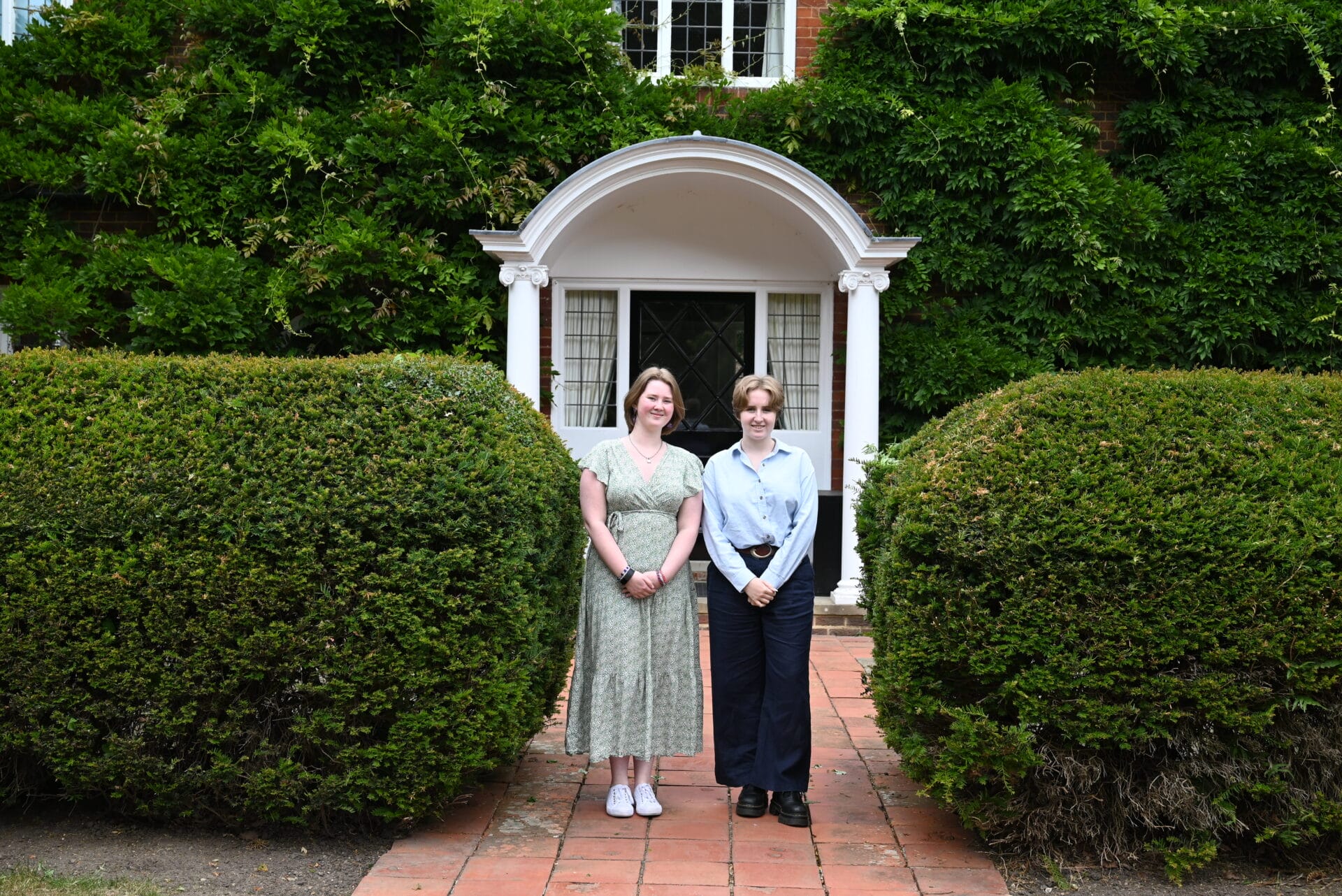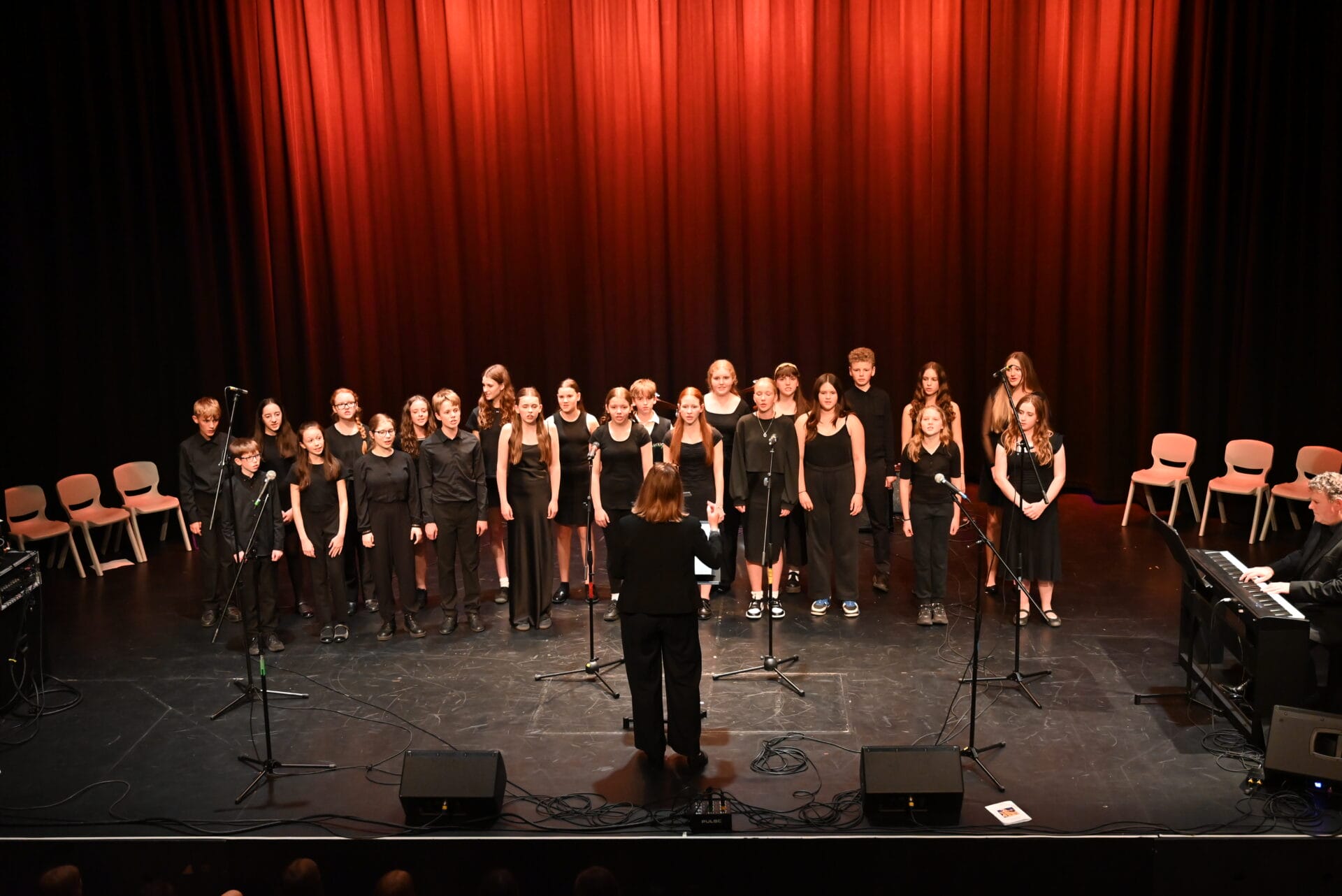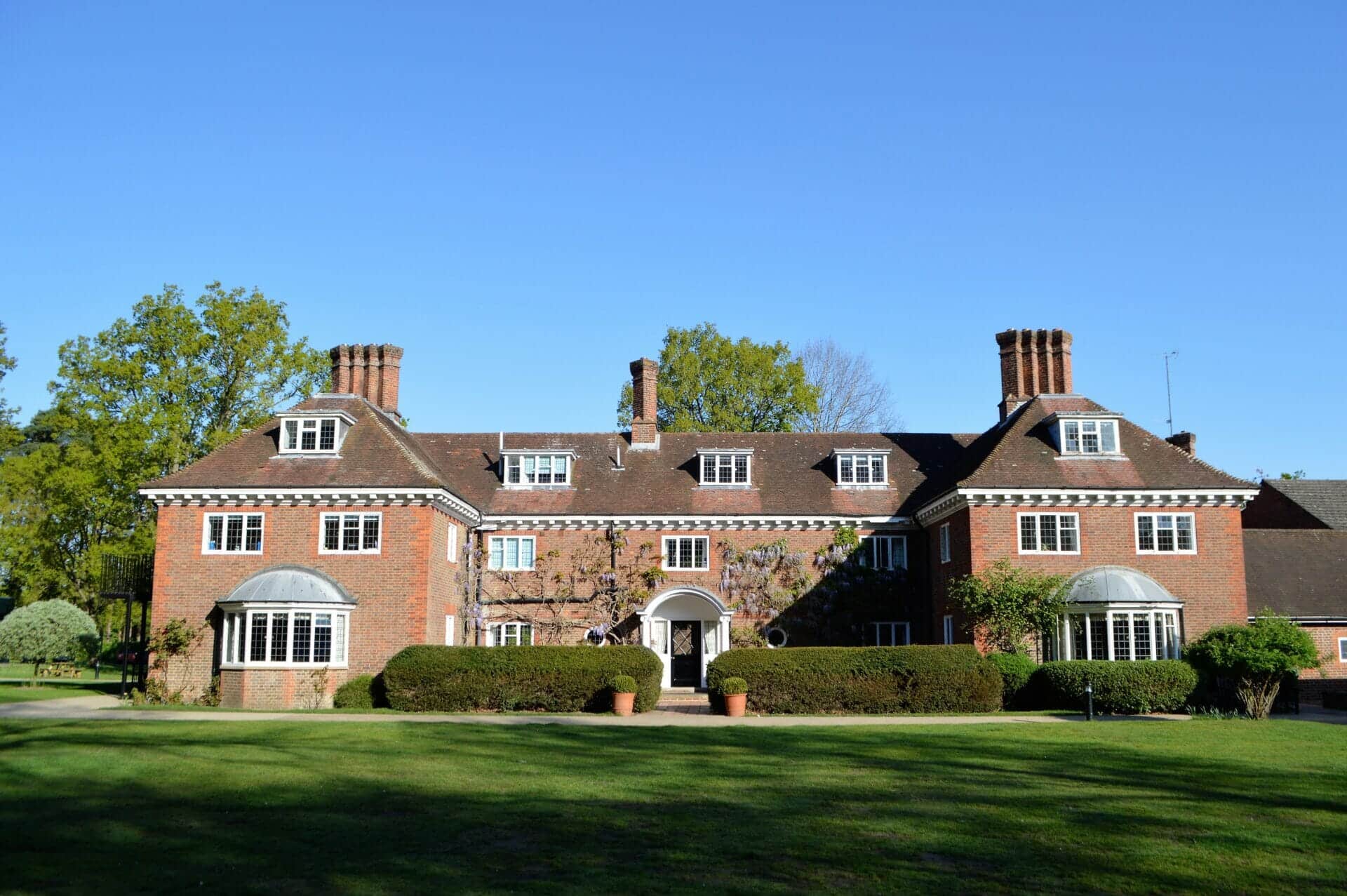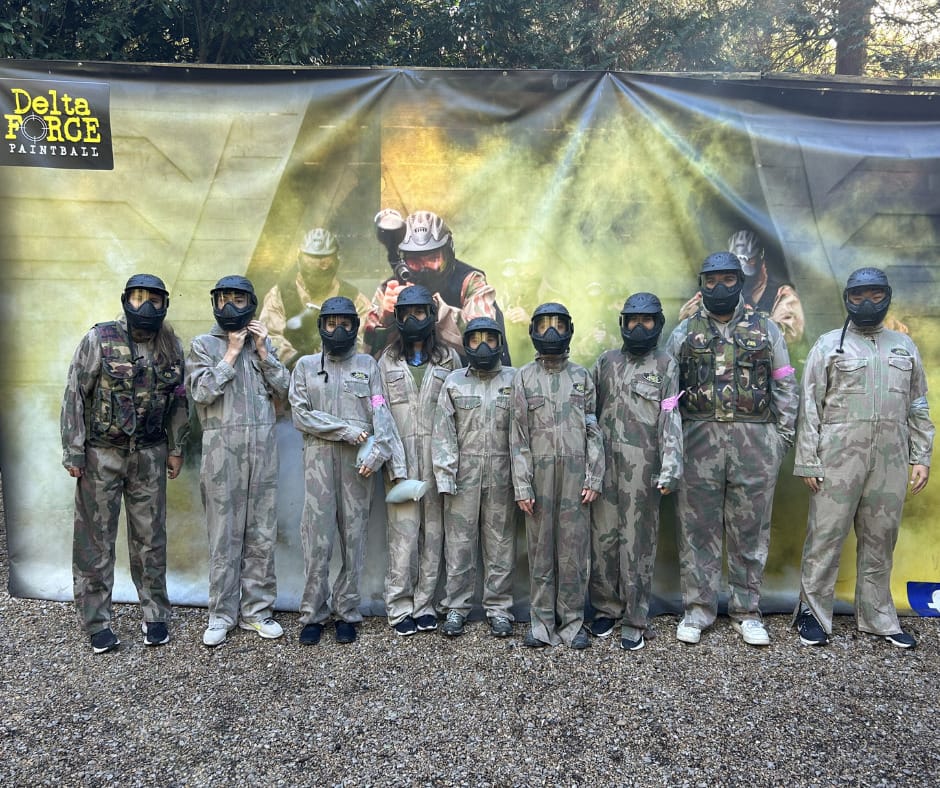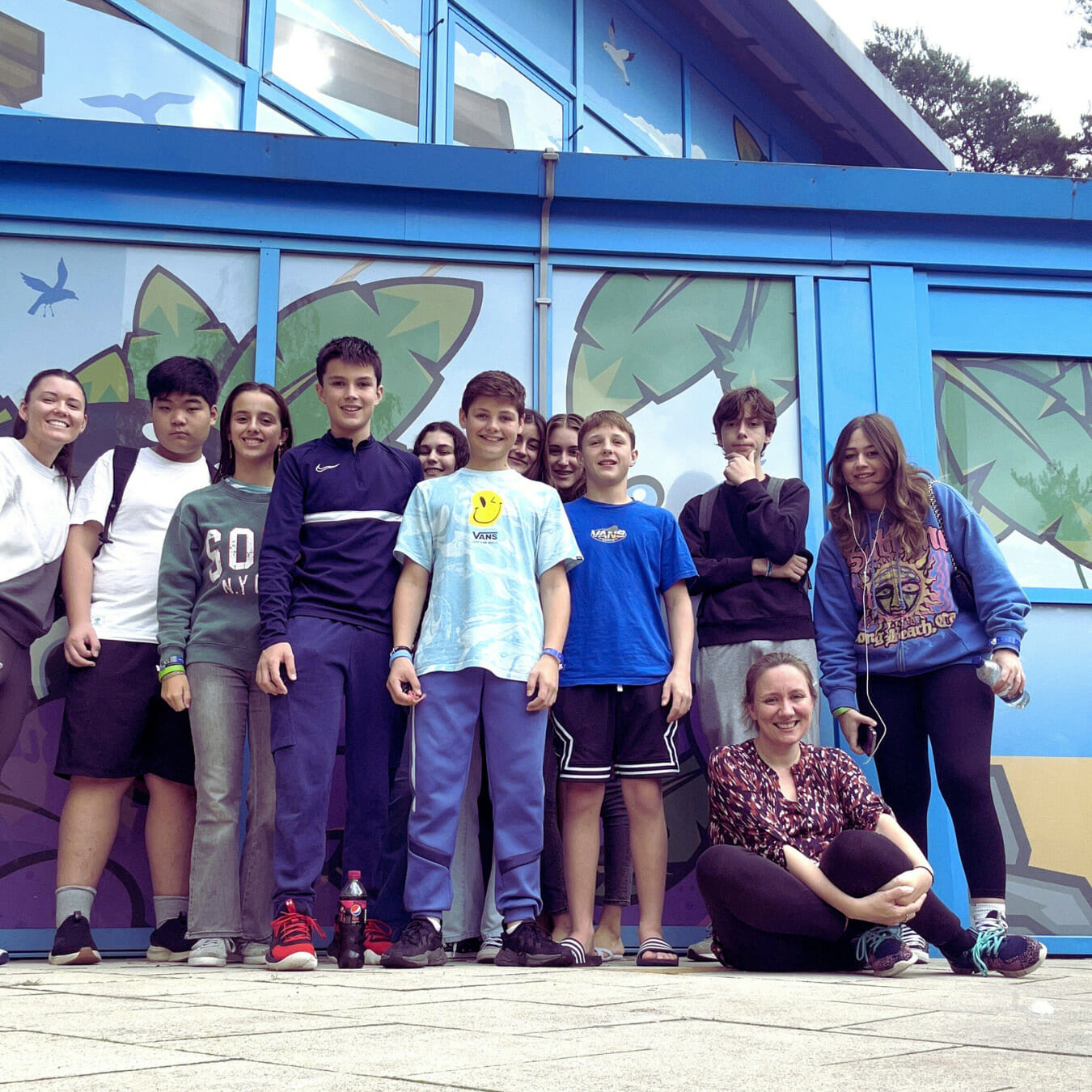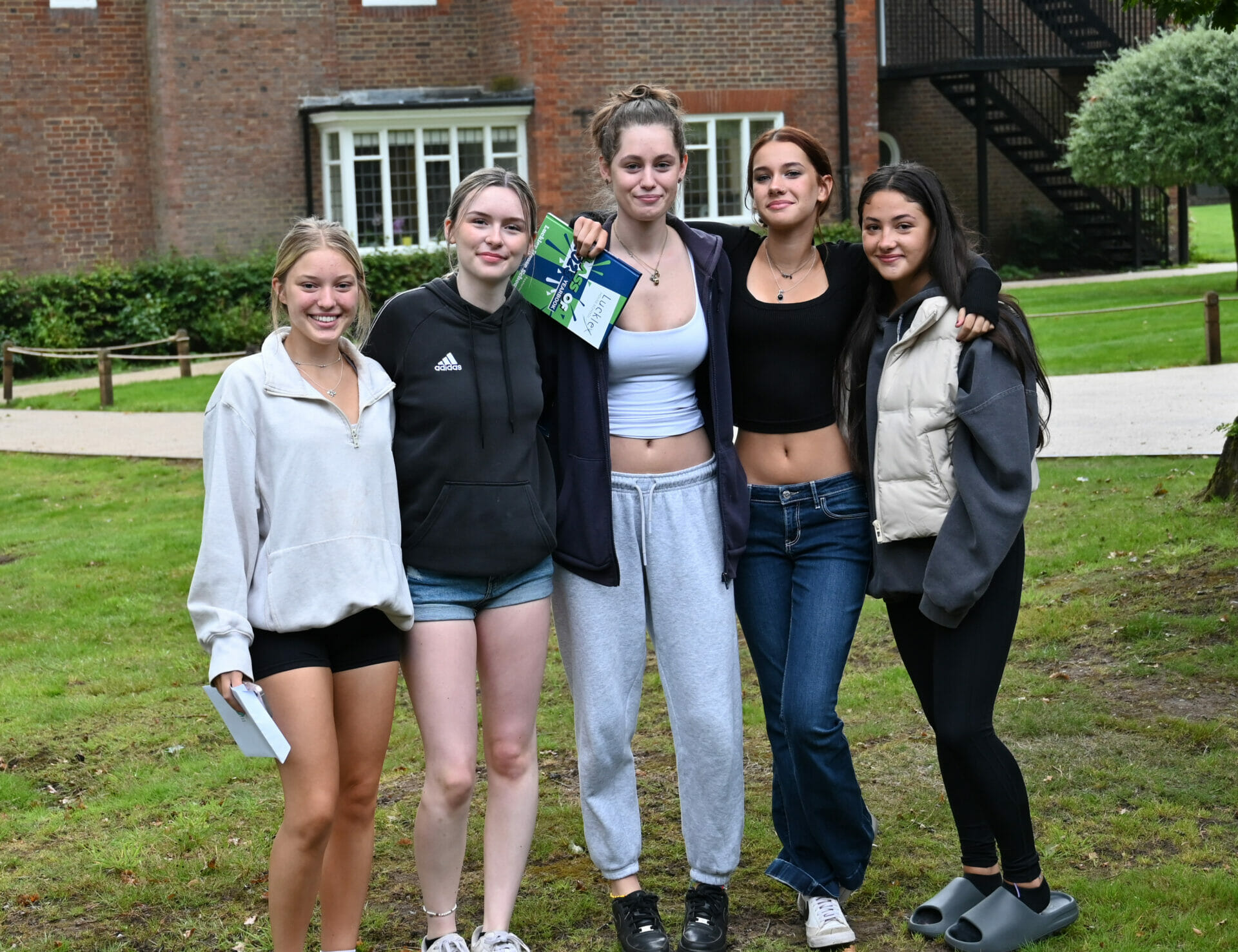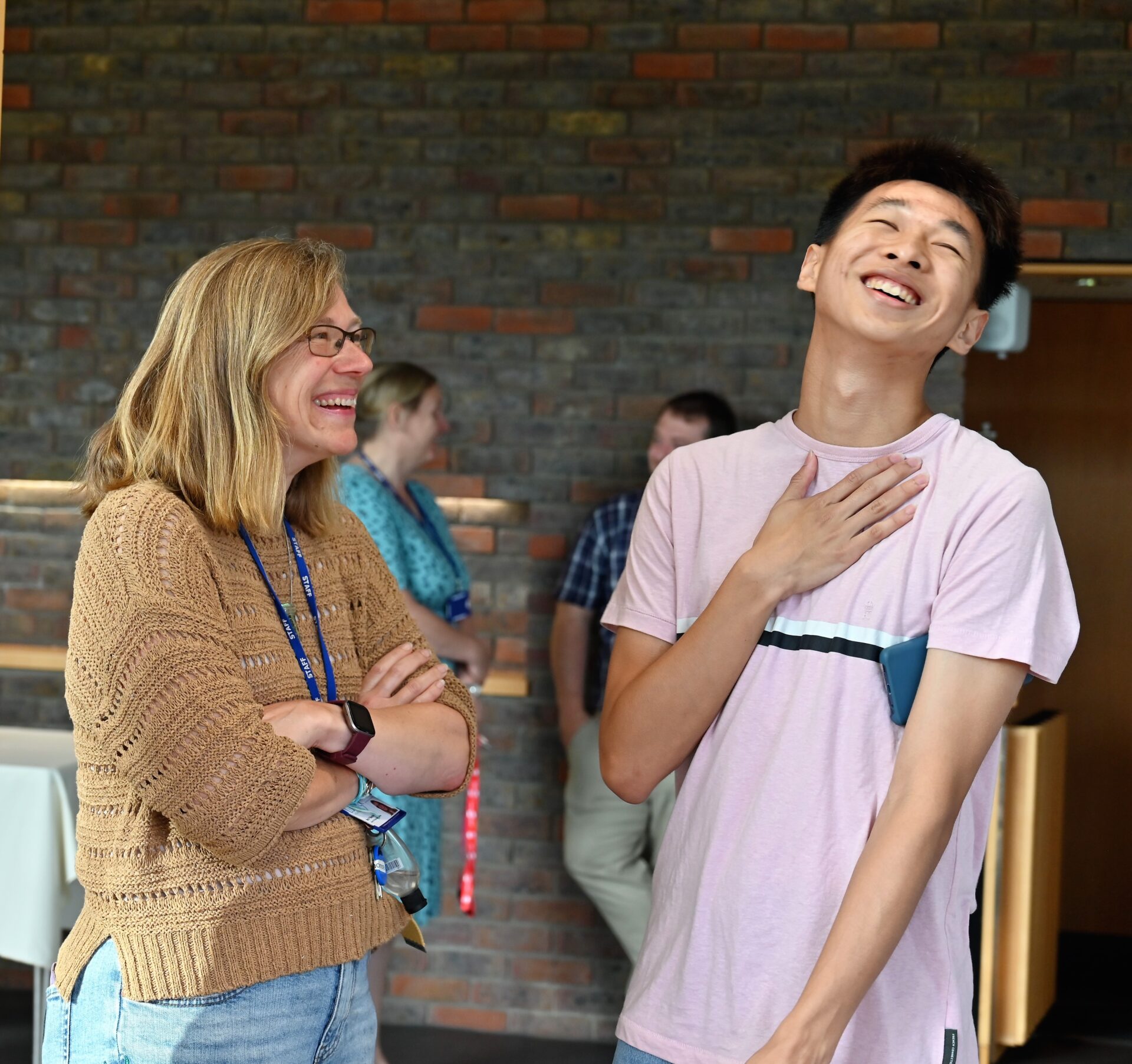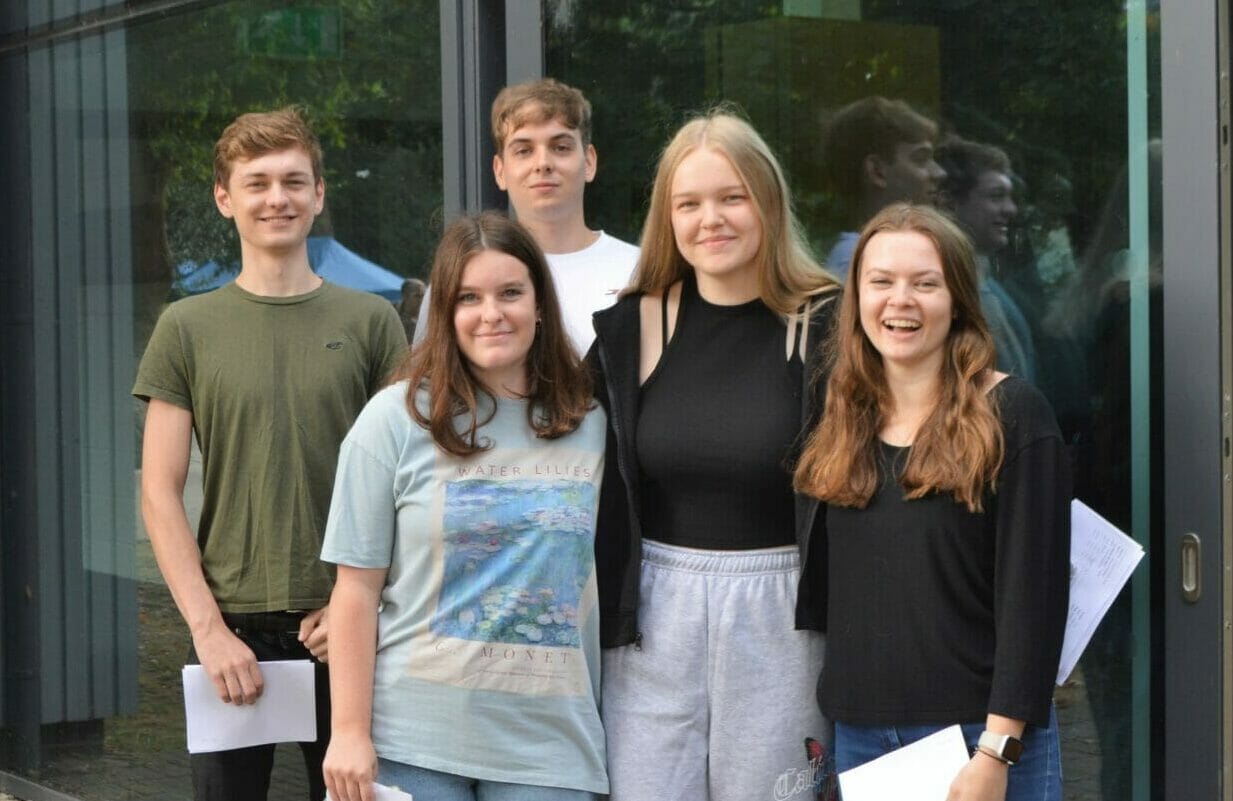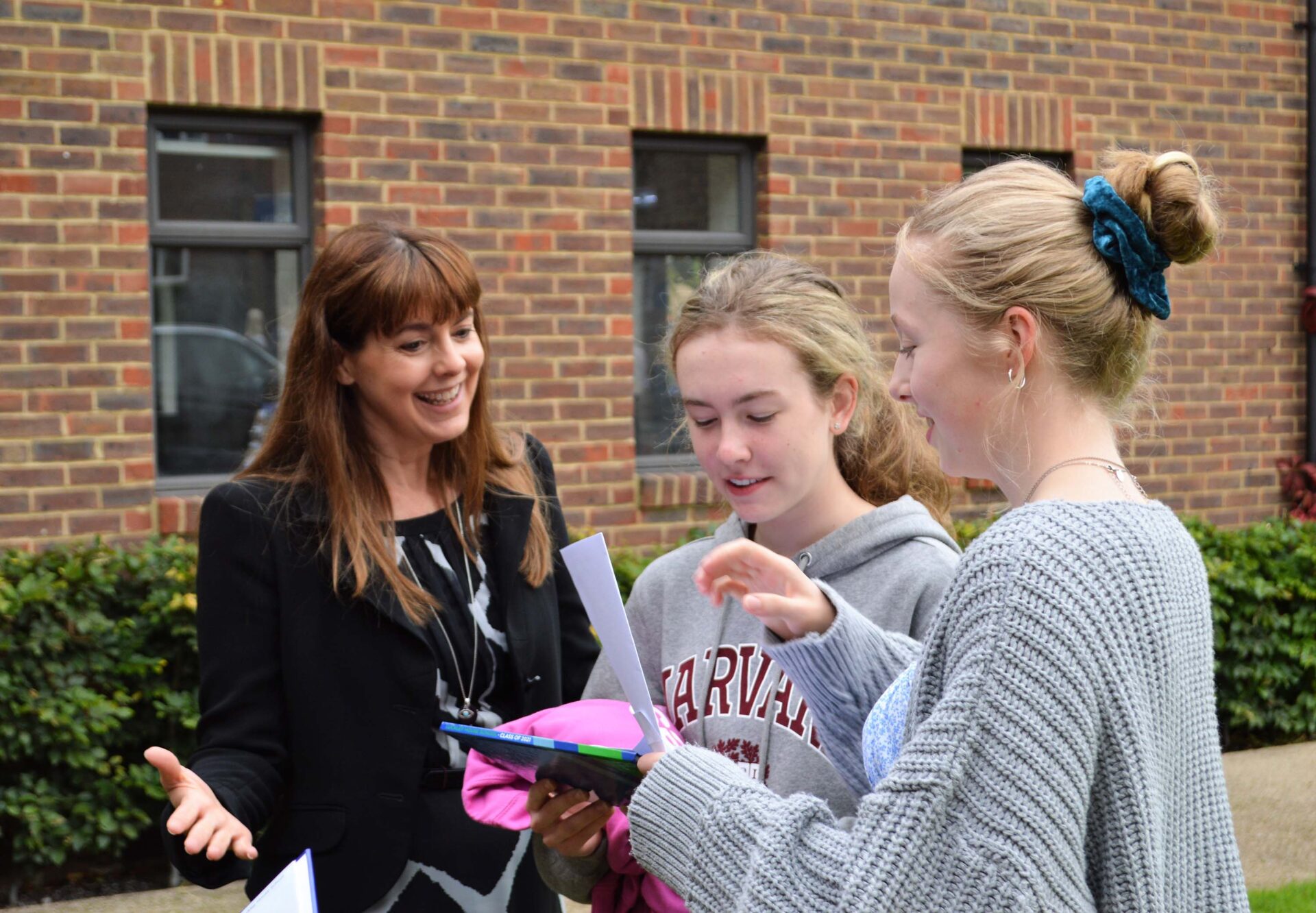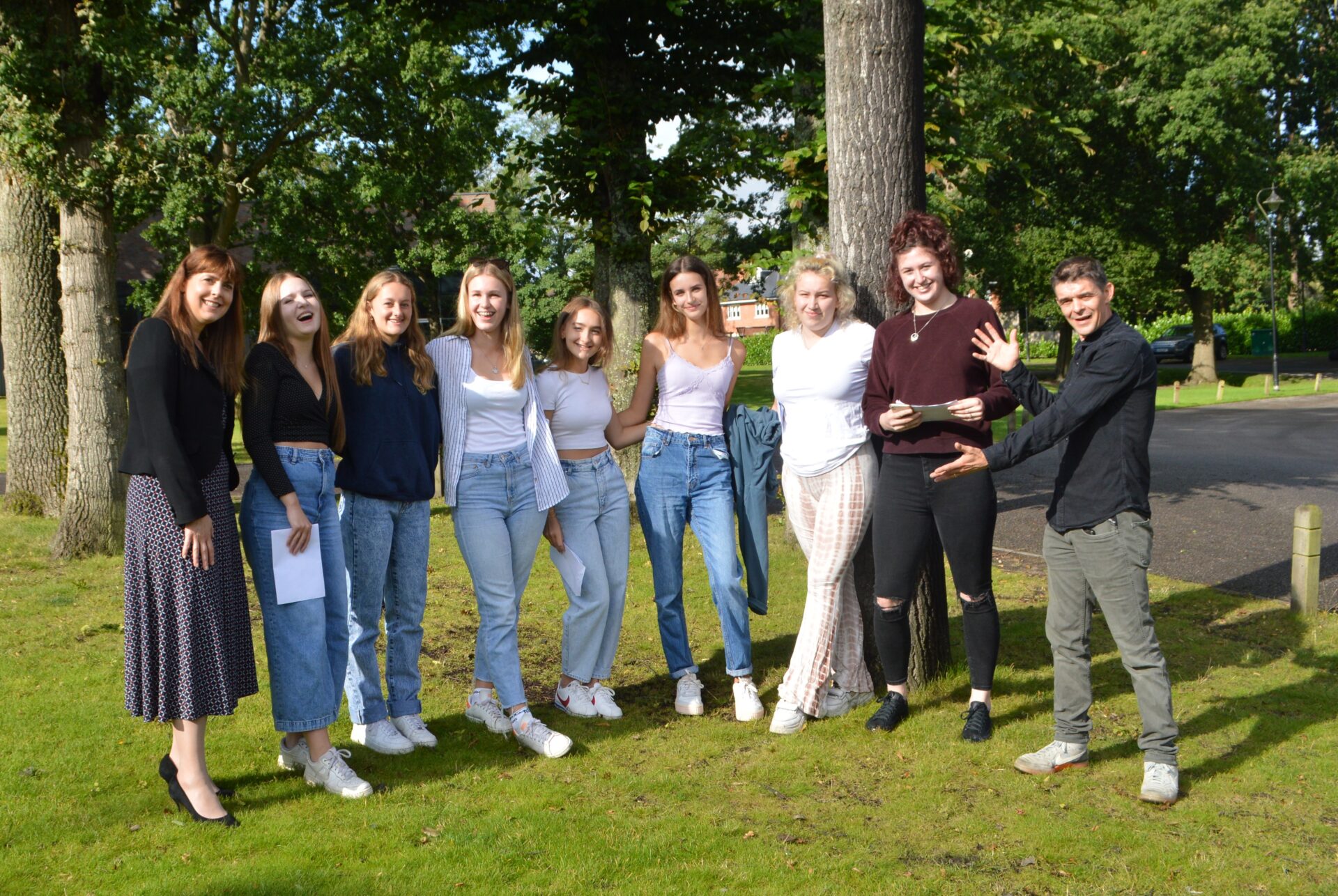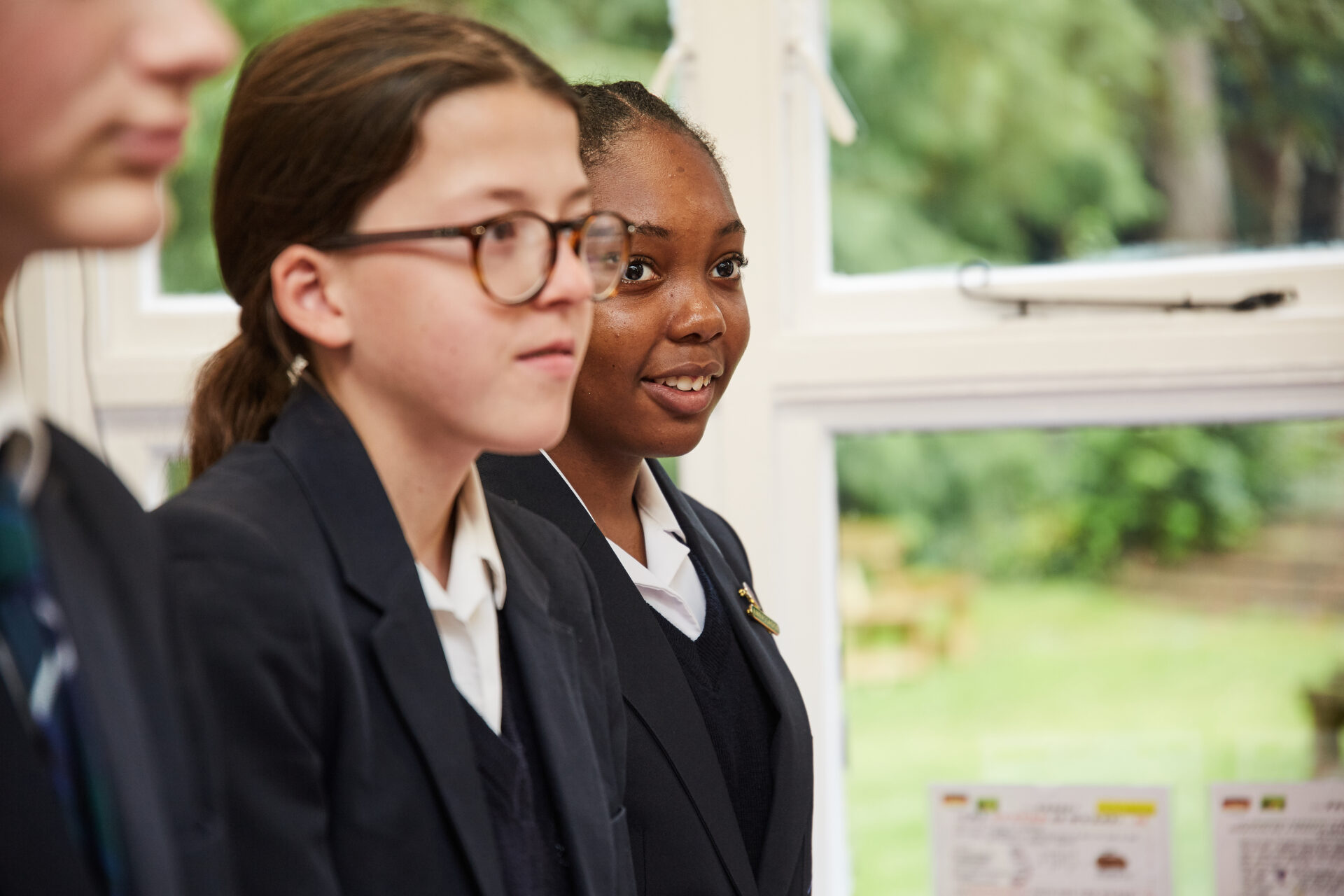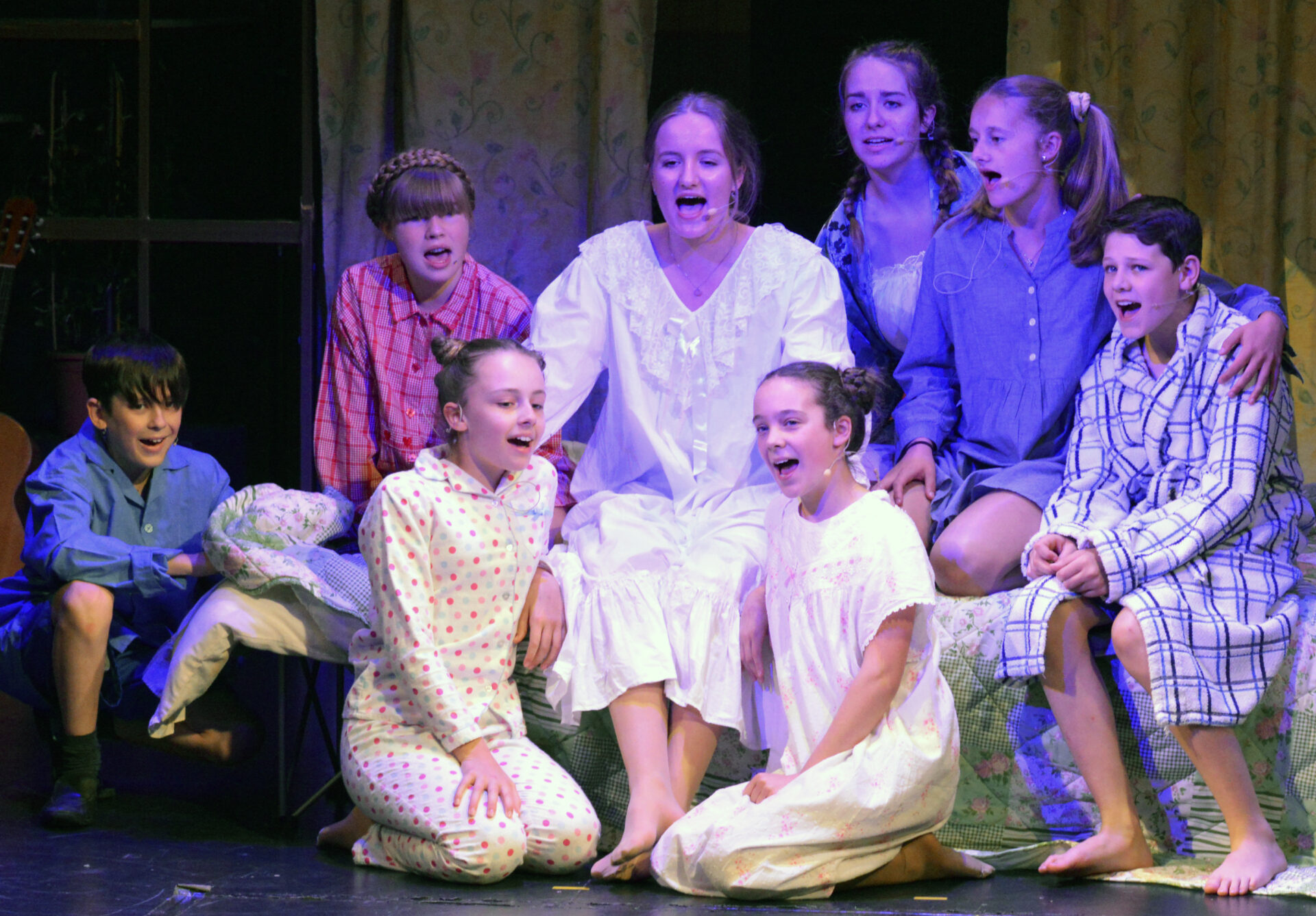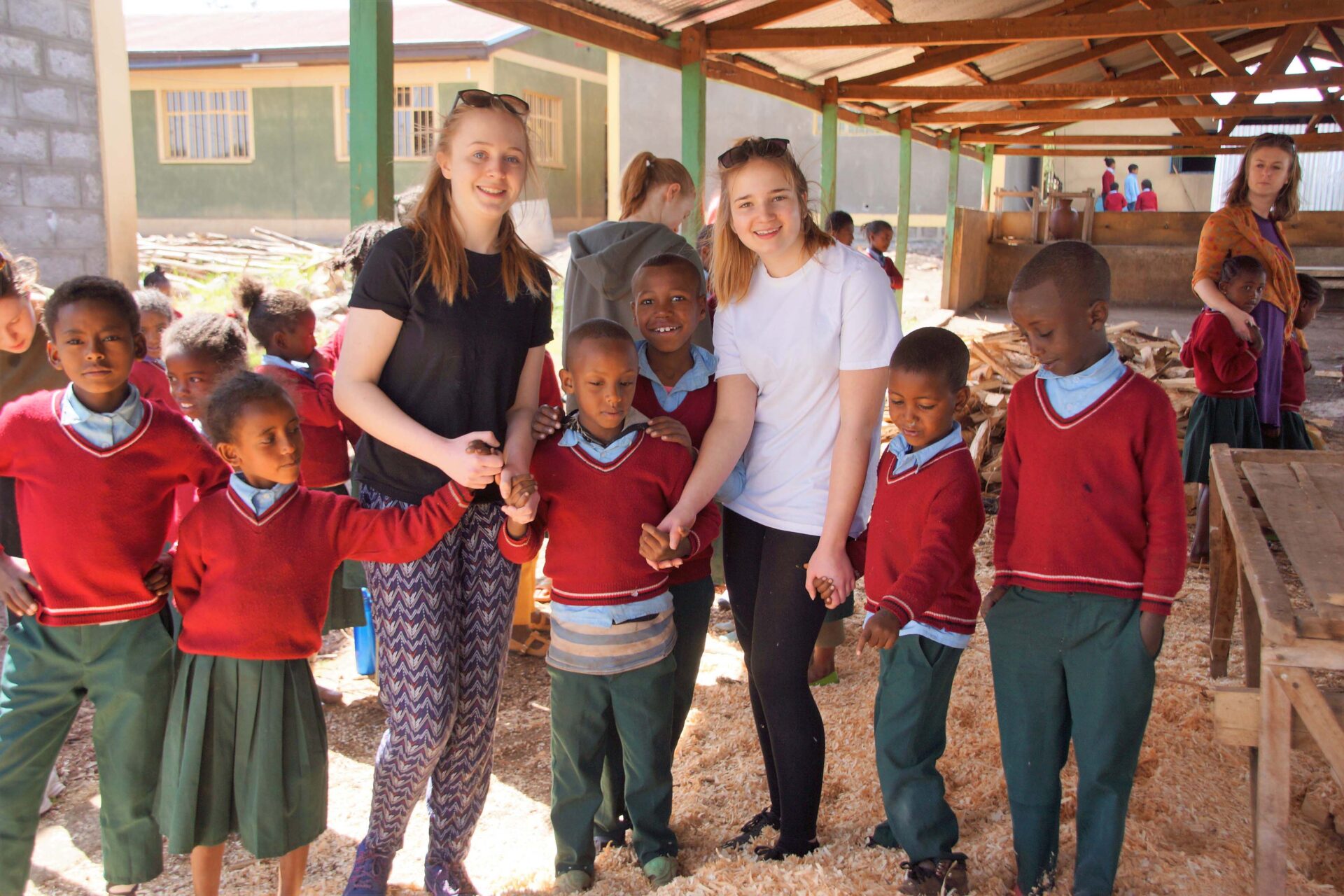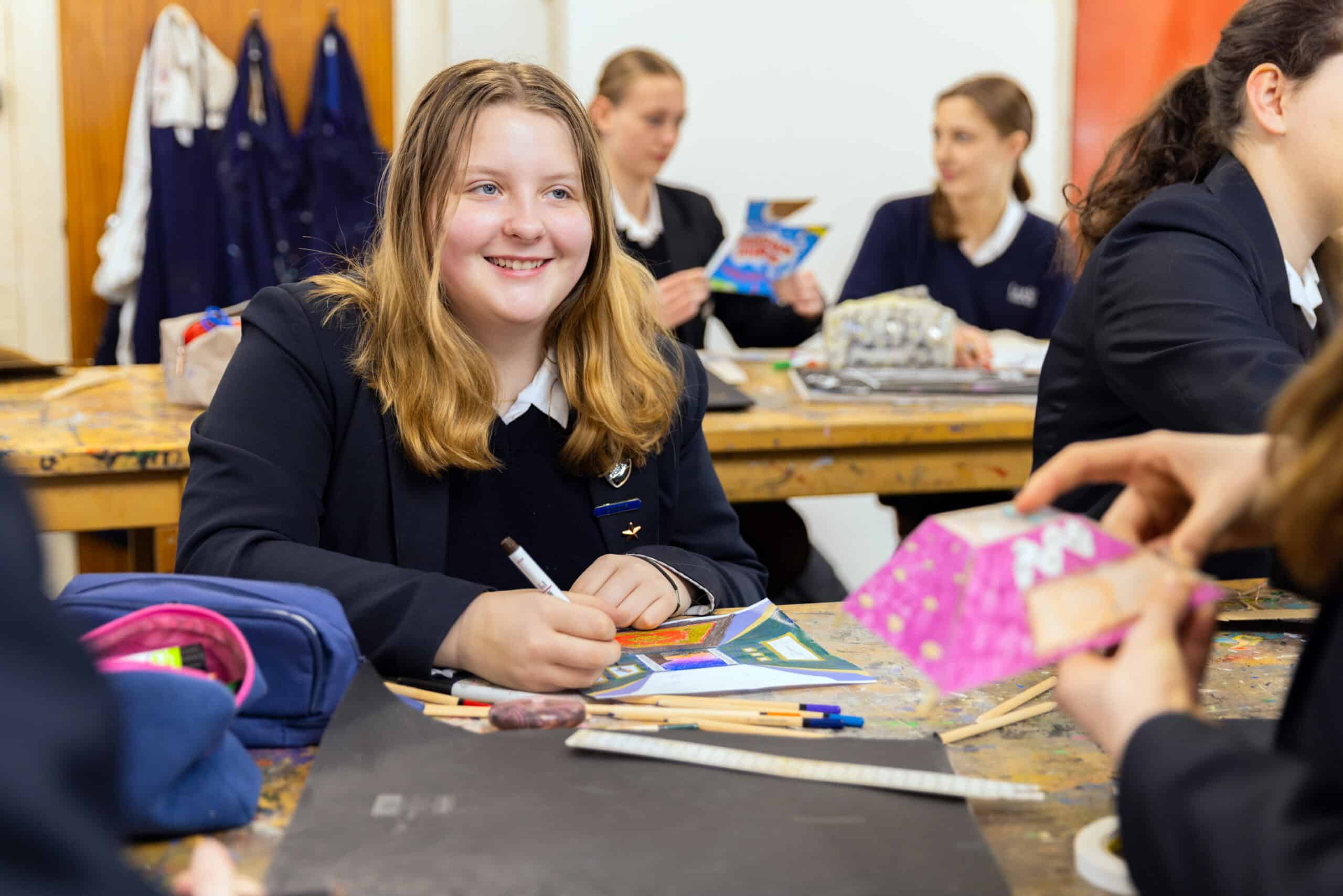
Selecting the right independent school for your child is an important and often complex decision. An open day provides a valuable opportunity to gain a deeper understanding of the school’s ethos, academic approach, and community. While prospectuses and websites can offer useful insights, nothing compares to observing the environment firsthand and speaking directly with staff and pupils.
Equally important is asking questions. Thoughtful enquiries can reveal aspects of school life that are not immediately obvious and help you form a clear picture of whether the school is the right fit for your child. The following guide outlines key areas and example questions to consider during your visit.
General Questions to Ask
Before exploring the finer details of school life, it is helpful to understand the practical aspects that will shape your child’s day-to-day experience.
Consider asking:
- What boarding options are available, and how is boarding life structured? Are there full-time, weekly, or flexi arrangements?
- What transport options are available, including school buses or accessibility from different areas?
- When was the school’s last inspection?
- What are the school day timings, and are there flexible drop-off and pick-up options to suit different family schedules?
- How are meals provided, and how are dietary requirements accommodated?
- What are the fee structures, and are scholarships or bursaries offered?
These questions will help you establish how the school fits with your family’s lifestyle and your child’s needs.
Academic Approach
Every parent wants to know that their child will be challenged, supported and inspired. An independent school should provide an environment where pupils are encouraged to aim high while also receiving the guidance they need to flourish.
When visiting, you might ask:
- How are lessons tailored to suit different learning styles and abilities?
- What is the average class size, and how does this benefit pupils?
- What subjects are offered?
- How do teachers track progress and keep parents informed?
- How does the school support pupils who are excelling and those who may need extra help?
- What opportunities are there for enrichment, extension work or independent study?
- How does the curriculum prepare pupils for future examinations and beyond?
These questions will give you a clearer sense of how the school balances high expectations with individual attention. Asking about teaching methods, assessment practices, and support strategies can provide valuable insight into the academic culture and how pupils are encouraged to reach their potential.
Co-Curricular Life
Independent schools are known for offering a rich programme beyond the classroom, and these opportunities often play a vital role in shaping a pupil’s confidence, interests and friendships. It is worth exploring the breadth and quality of co-curricular activities on offer by asking:
- What sports, music, drama or clubs are available?
- Are pupils encouraged to try activities outside their comfort zone?
- How do you balance academic commitments with co-curricular involvement?
- What opportunities are there for leadership, such as captaining a team, leading a club, or mentoring younger pupils?
- How does the school celebrate and support achievements in sport, the arts, or other areas?
- Are there trips, exchanges, or outdoor education programmes that help pupils broaden their horizons?
The answers will give you a sense of how inclusive and well-supported the opportunities are. A strong co-curricular programme not only enriches school life but also helps pupils develop resilience, teamwork and creativity – qualities that will stay with them long after they leave.
Facilities
The facilities available to pupils can have a significant impact on both academic progress and co-curricular experiences. When visiting, take the opportunity to see classrooms, specialist areas and recreational spaces for yourself. You might ask:
- What specialist facilities are available for subjects such as science, art, design, music or drama?
- How are digital technologies and resources used to support learning?
- What sports facilities are available, both indoors and outdoors?
- How well-equipped are common areas such as the library, dining hall and study spaces?
- How are boarding houses or Sixth Form areas designed to support independence and wellbeing?
- What investment is planned for the development of facilities in the future?
The quality of facilities can reveal a great deal about a school’s priorities and its commitment to providing a stimulating environment.
Pastoral Care
A school’s approach to wellbeing is just as important as its academic results. Independent schools often place strong emphasis on creating a nurturing environment where every pupil feels safe, valued and supported. To gain a clearer understanding, you might ask:
- What support is in place for pupils’ mental health and wellbeing?
- How do staff help new pupils settle in and feel part of the community?
- How are issues such as bullying, peer pressure or social media challenges addressed?
- Are there dedicated pastoral staff, such as tutors, house parents or counsellors, available to pupils?
- How are parents kept informed about their child’s wellbeing?
The answers can reveal how deeply embedded pastoral care is within the school culture. Look for evidence that wellbeing is a genuine priority reflected in daily routines, staff training and pupil experiences.
Values and Culture
Every school has its own character, and much of what defines it cannot be measured by exam results alone. Understanding the values that underpin daily life will help you decide whether it is the right cultural fit for your child. Consider asking:
- What is the school’s mission and vision?
- How would pupils describe the school in three words?
- How do you promote kindness, respect and community spirit?
- What makes your school different from others locally?
- How does the school celebrate diversity and ensure inclusivity?
- What opportunities do pupils have to contribute to the wider community, such as service projects or charitable work?
- How are traditions balanced with innovation in school life?
Conversations about values often provide the clearest insight into whether a school feels right. Speak to pupils during your visit as their perspective will reflect how the school’s ethos is lived out day to day.
Looking to the Future
Parents naturally want reassurance that a school will prepare their child not only for examinations, but also for life beyond. It is worth exploring how pupils are guided through key milestones and supported in planning their next steps. Questions to consider include:
- How do you support pupils as they approach GCSEs and beyond?
- What guidance is provided when choosing subjects for GCSE and Sixth Form?
- How are pupils prepared for university applications, apprenticeships or alternative career paths?
- What opportunities exist for developing skills such as leadership, public speaking or independent research?
- Where do leavers typically move on to after Sixth Form?
By asking these questions, you can build a clear picture of how the school nurtures ambition, helps pupils make informed decisions, and equips them with the confidence and resilience they need for the future. A strong forward-looking programme ensures that pupils leave not only with excellent qualifications but also with the skills and character to thrive in the wider world.
Tips for Getting the Most from an Open Day
An open day can feel busy and fast-paced, so a little preparation will help you make the most of your visit. Some useful strategies include:
- Write down your questions in advance: It is easy to forget things in the moment, so having a list ensures you cover the areas that matter most to your family.
- Speak to both staff and pupils: Teachers can explain policies and programmes, but pupils will provide a more personal insight into daily life at the school.
- Take notes during or straight after the visit: Especially if you are visiting several schools, this will help you remember specific details when making comparisons later.
- Pay attention to the atmosphere: Notice how pupils interact with one another and with staff. A welcoming, respectful culture is often just as important as facilities or results.
- Trust your instincts: Practical considerations and academic results matter, but so does the overall feel of the school. If it feels like a place where your child could belong and thrive, that instinct is worth listening to.
Taking a structured approach will ensure you leave the open day with the clarity and confidence you need when deciding on the next stage of your child’s education.
Open Events at Luckley House School
At Luckley House School, an independent day and boarding school in Wokingham, Berkshire, we warmly welcome families to visit us and experience our vibrant community for themselves.
We hold open events each term to give prospective families the chance to experience life at Luckley House School. These occasions are an excellent opportunity to tour our facilities and meet both staff and pupils.
In addition, we run a dedicated Sixth Form Open Evening each autumn, designed to showcase the wide range of subjects, enrichment opportunities and guidance available as pupils prepare for life beyond school.
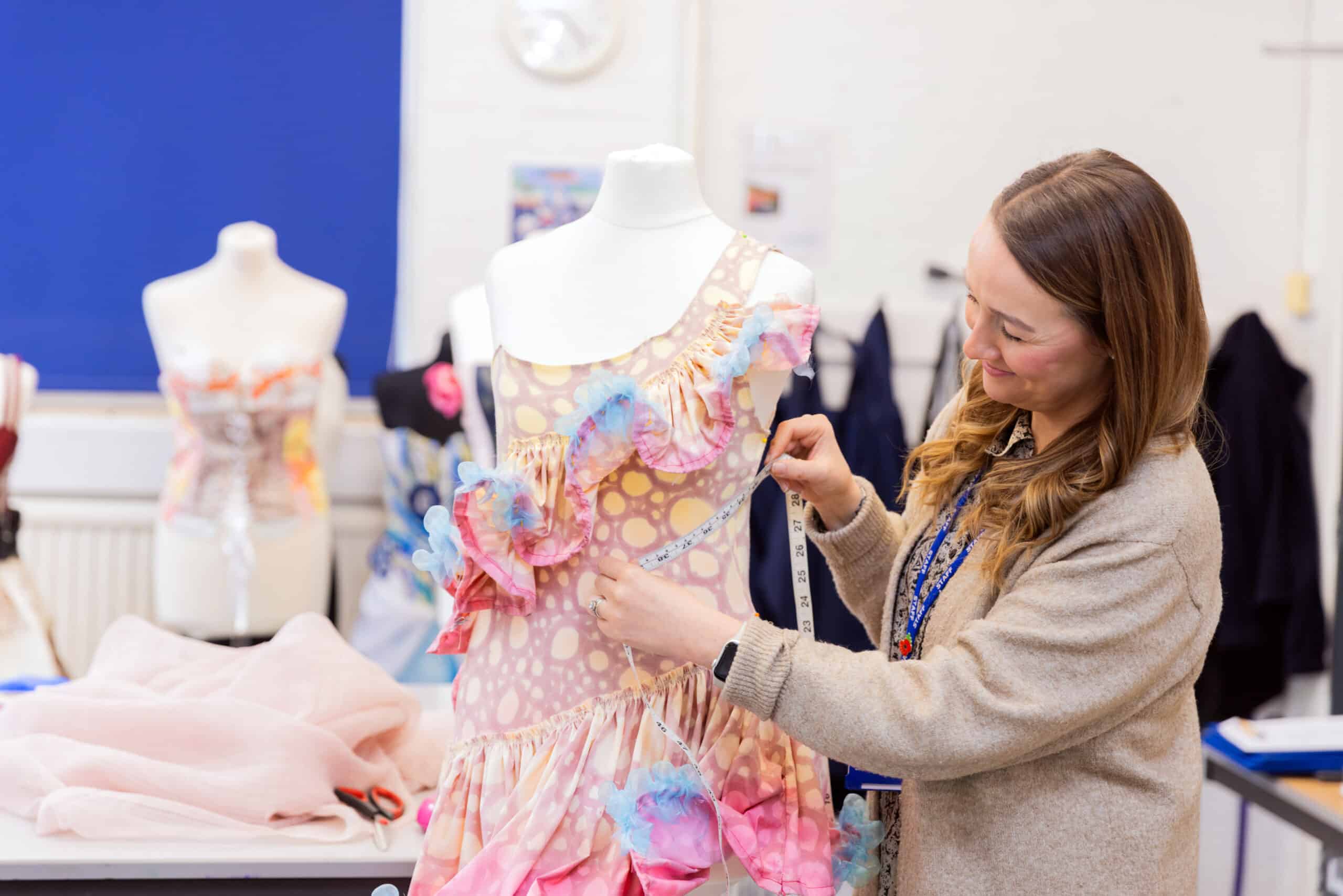
Remember, there are no “wrong” questions, and every family will have different priorities. Trust your instincts, listen carefully to both staff and pupils, and pay attention to the atmosphere as much as the answers you receive. A school should not only meet your expectations academically and practically, but also feel like a community in which your child will be happy and supported.
At Luckley House School, our open days provide the perfect opportunity to meet staff and pupils, explore our facilities, and discover how we support every child to reach their full potential.
Book A Visit


